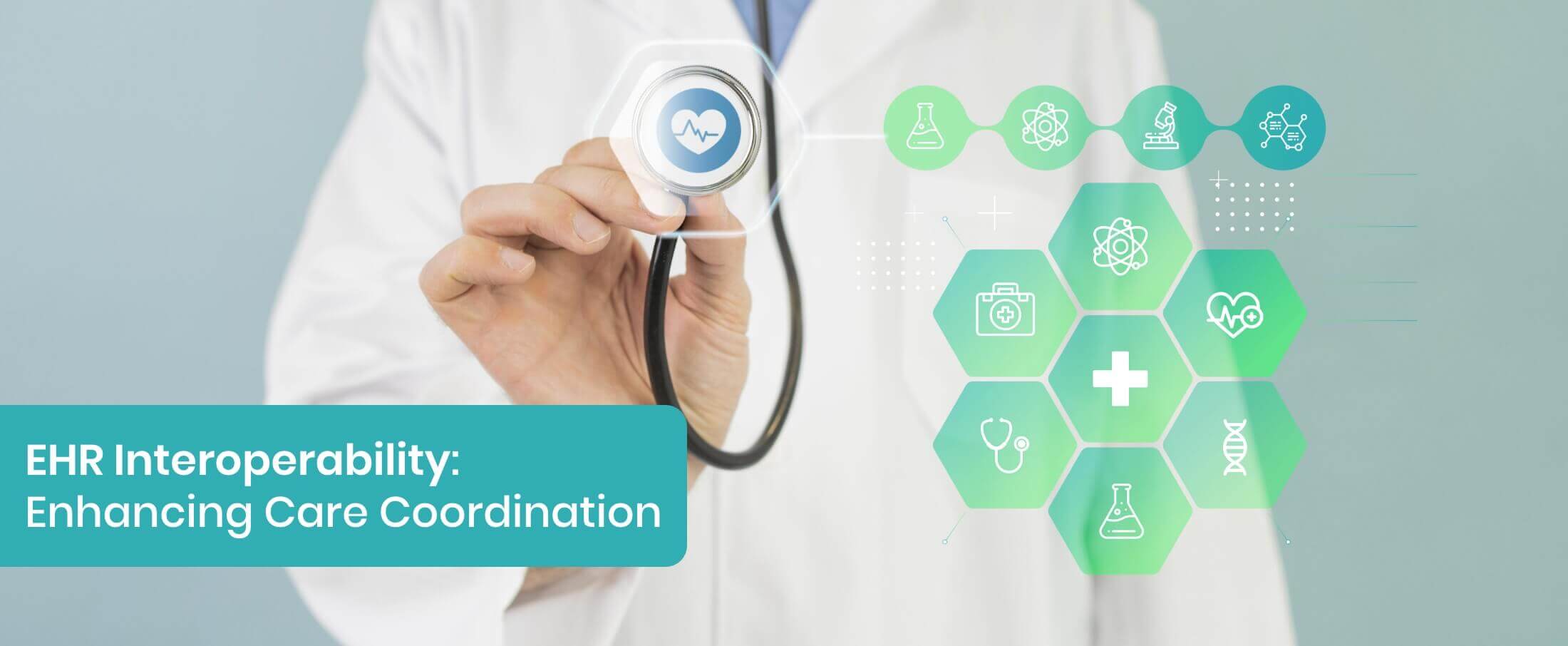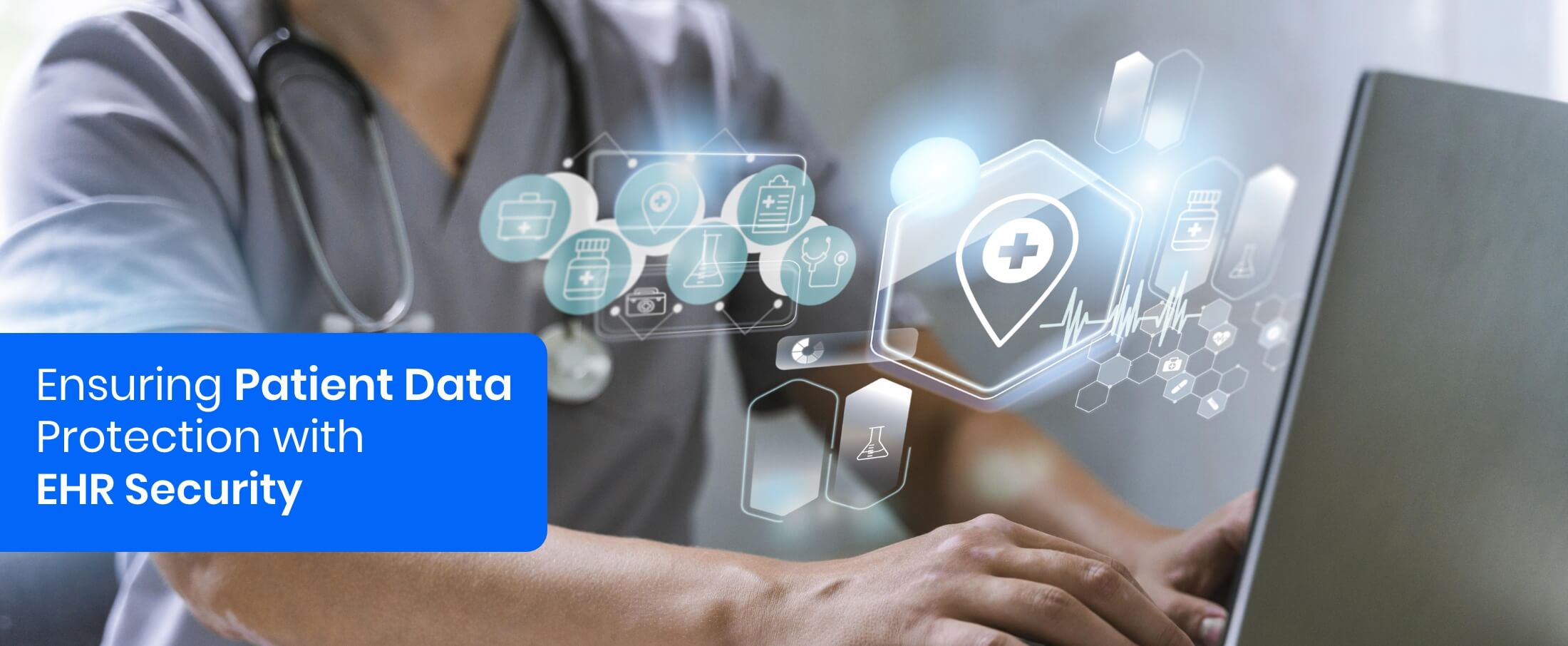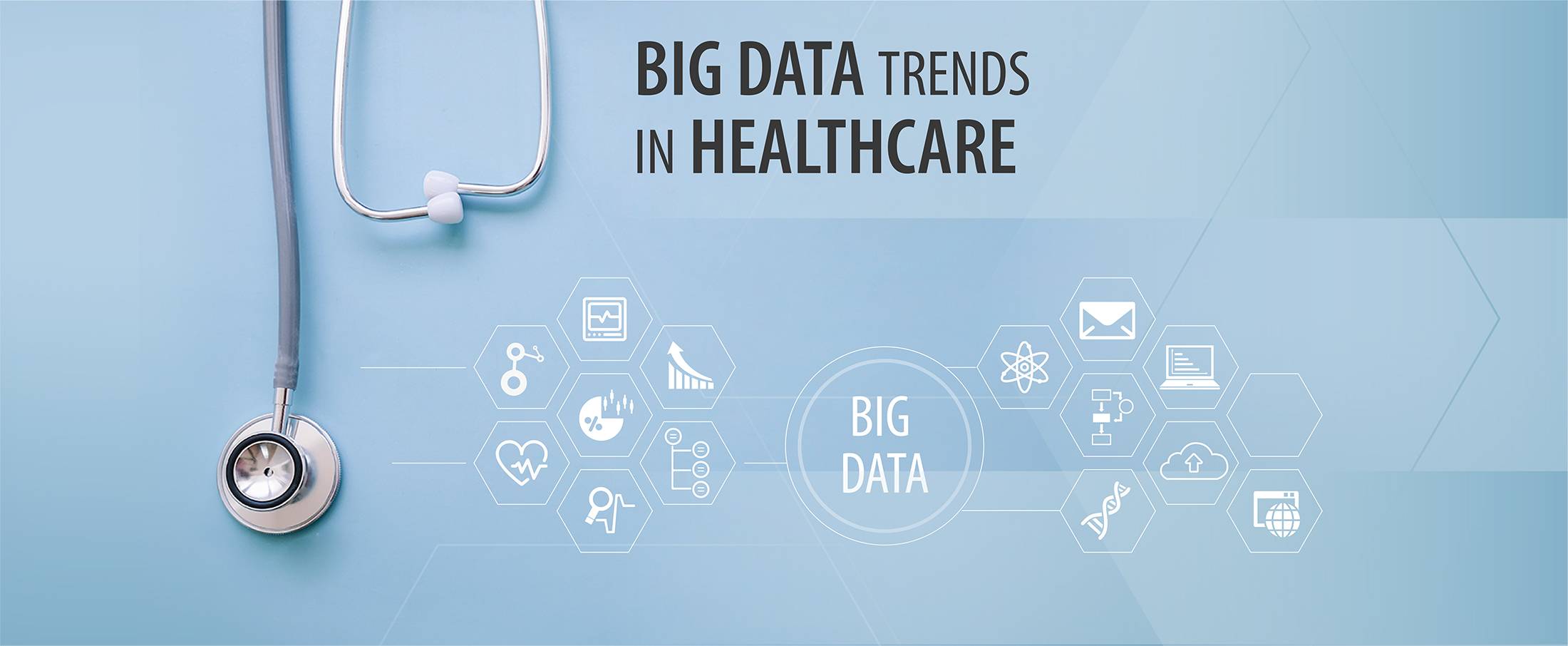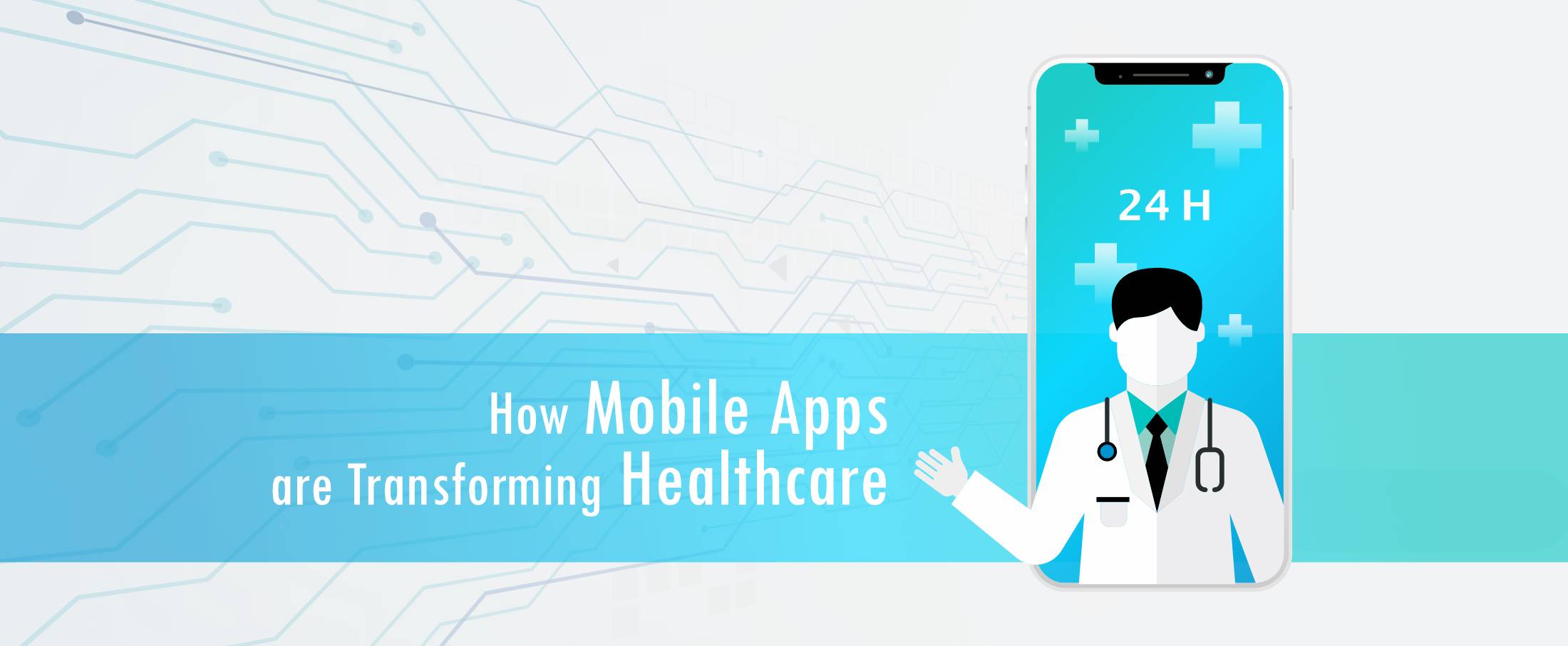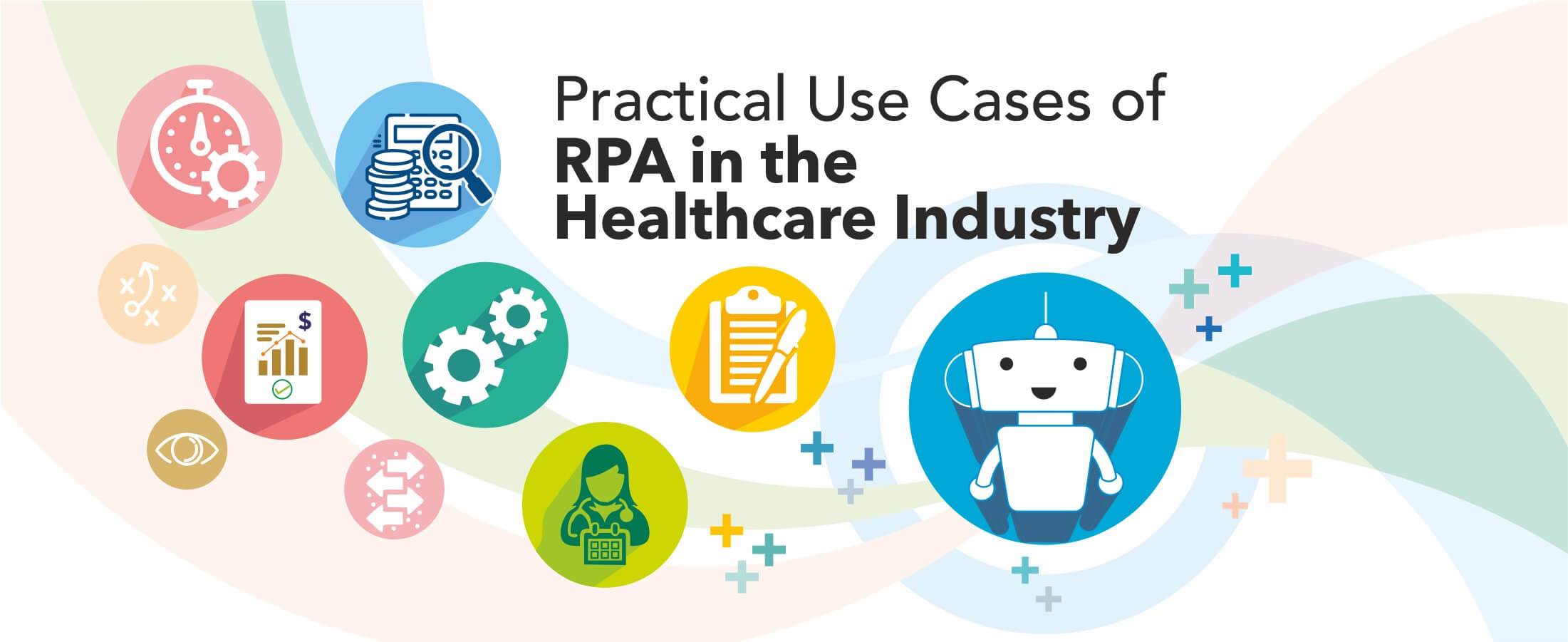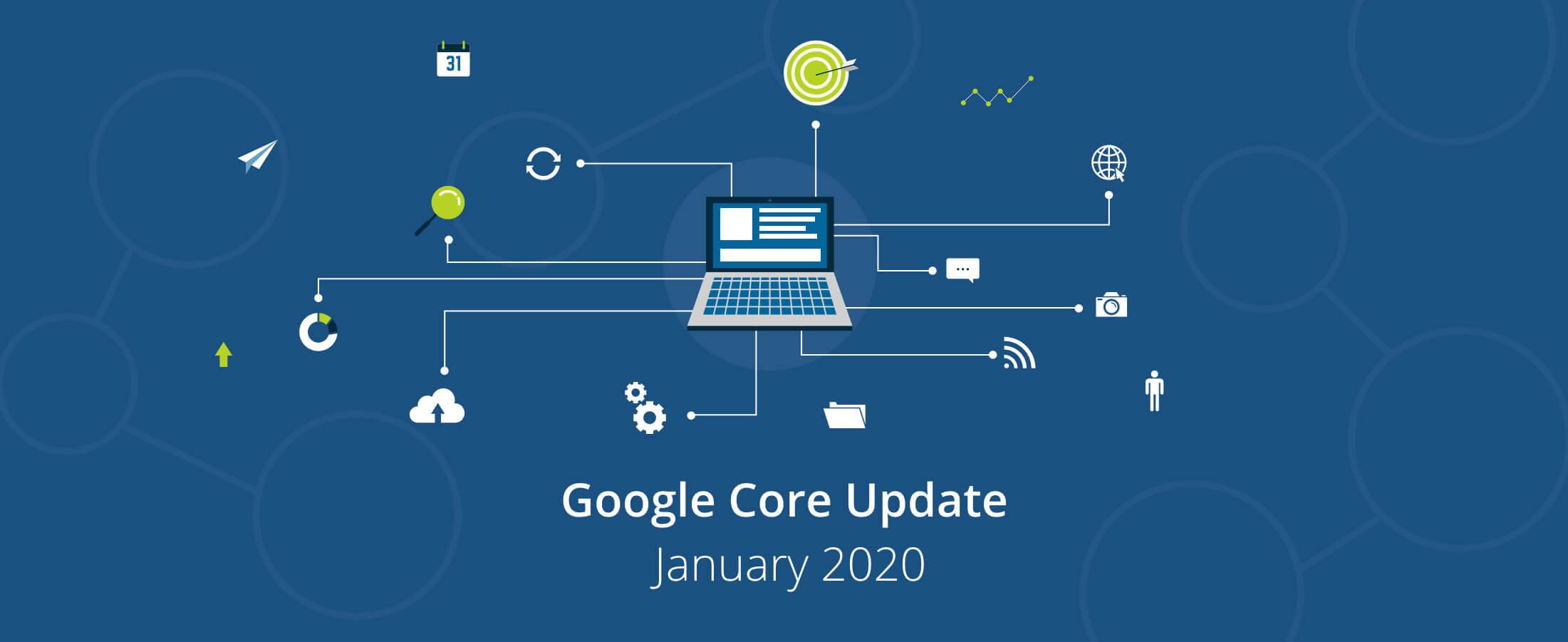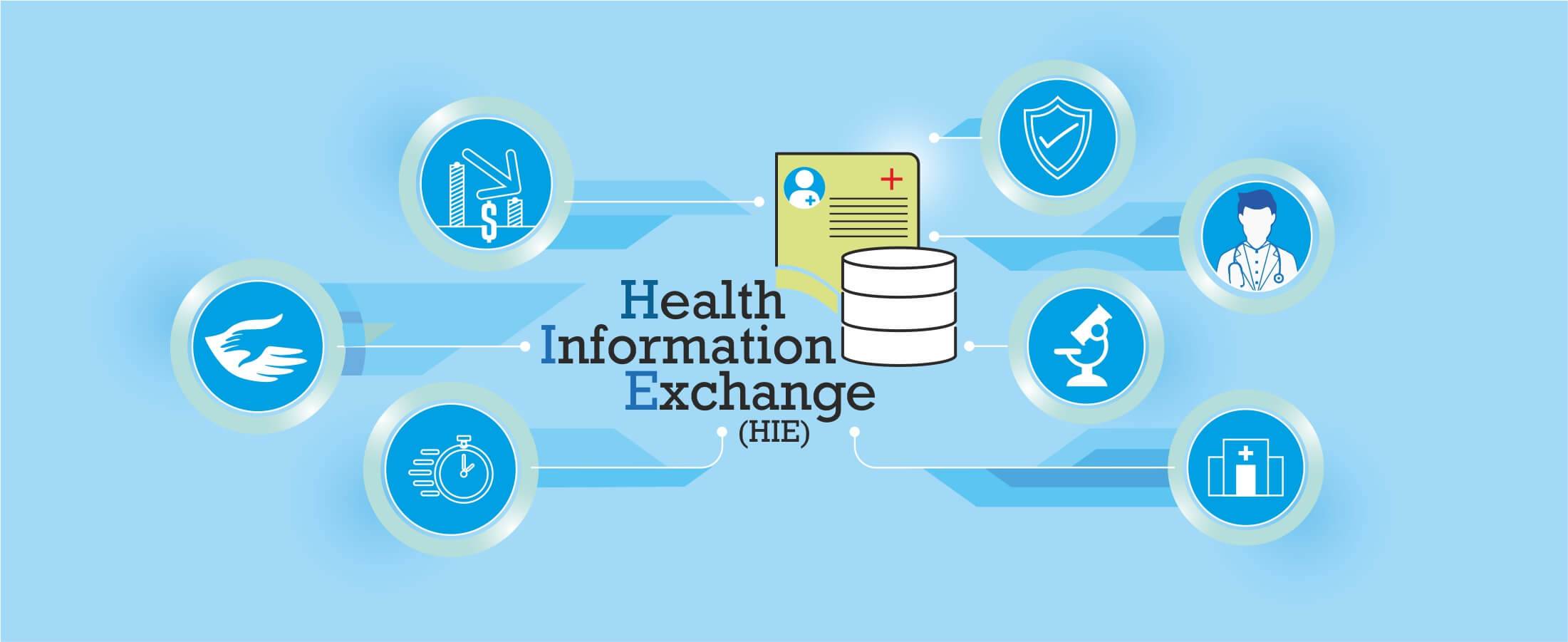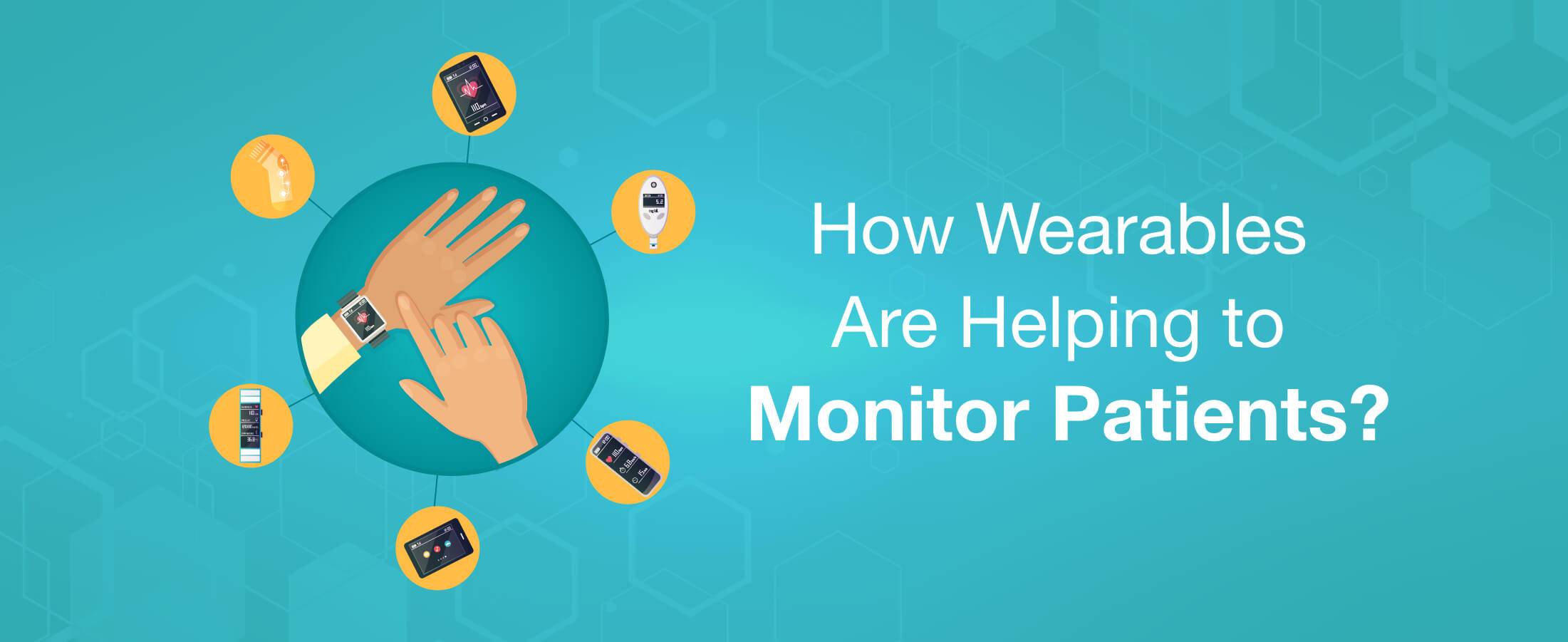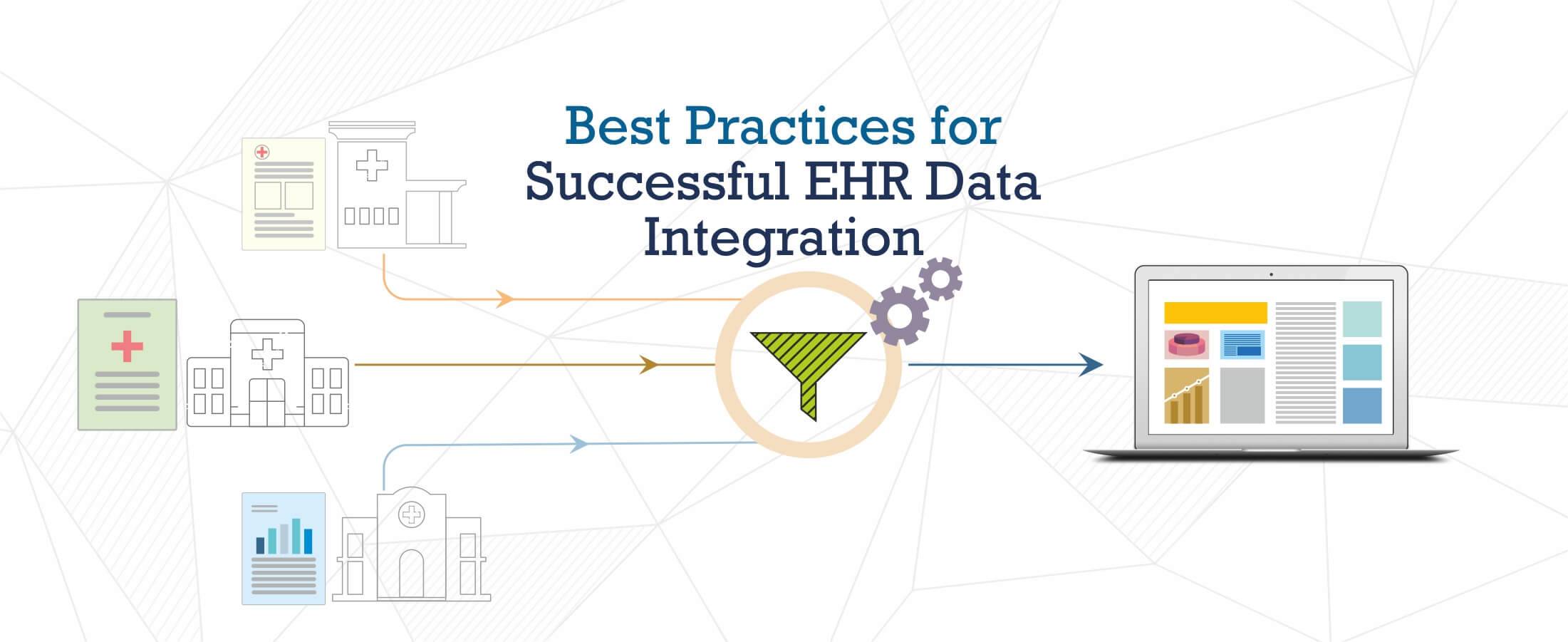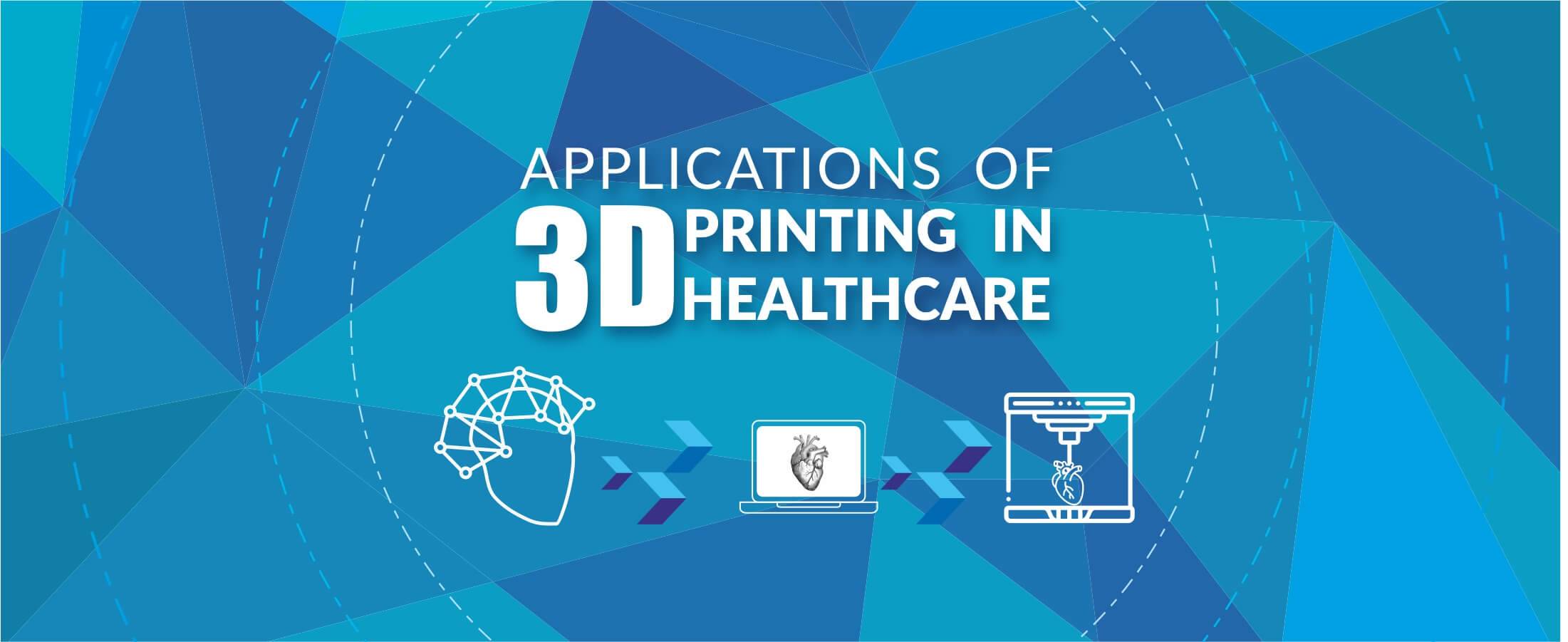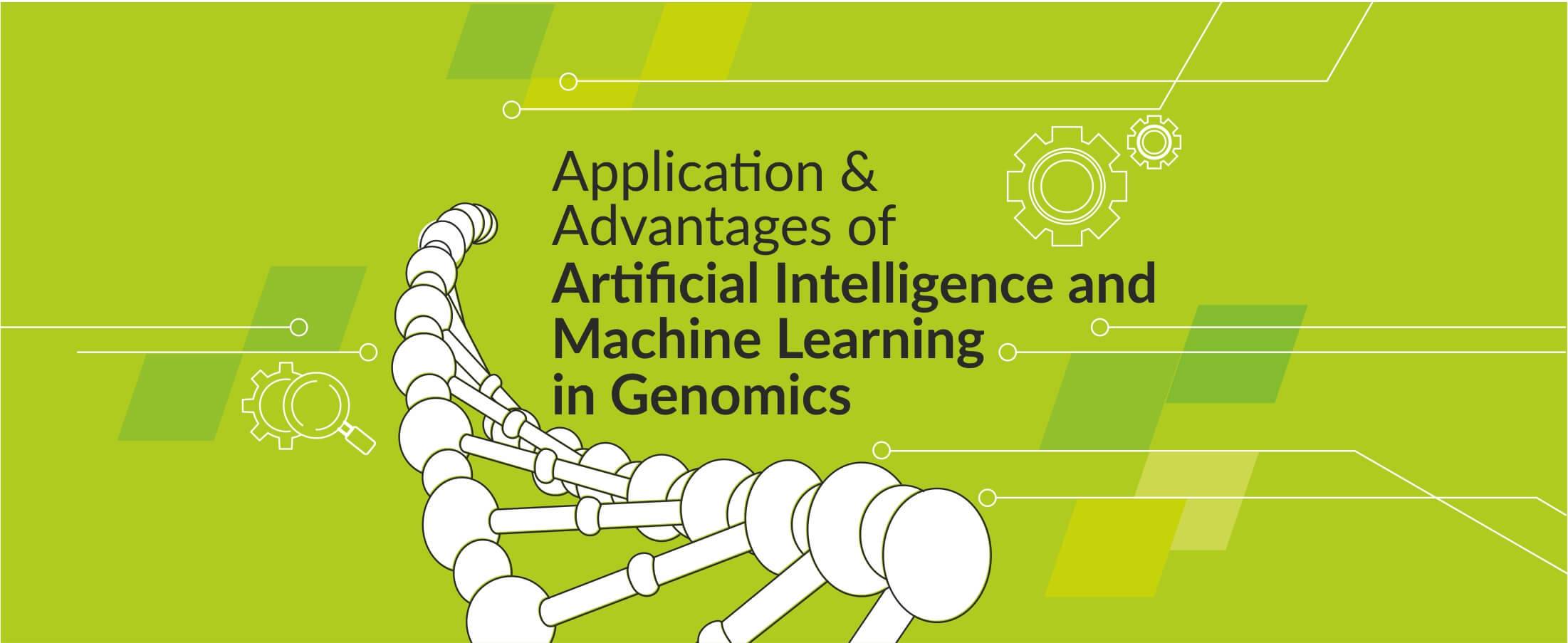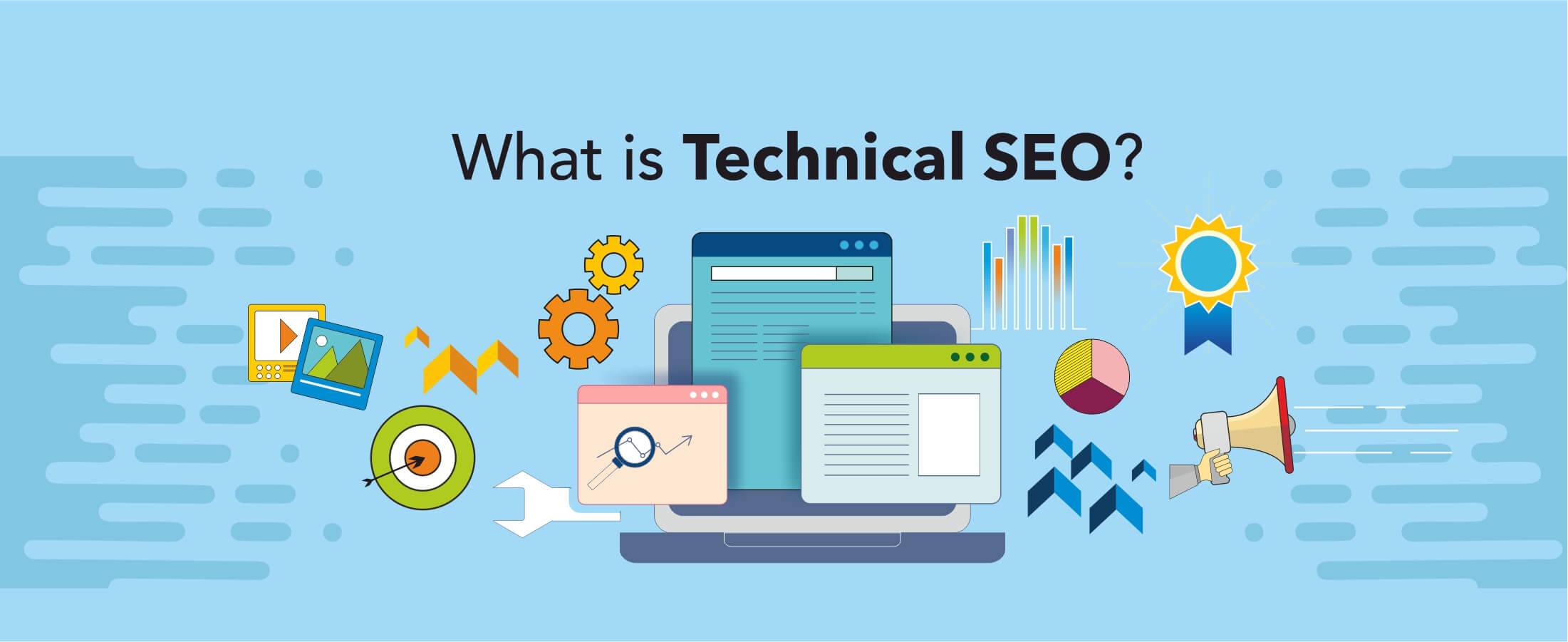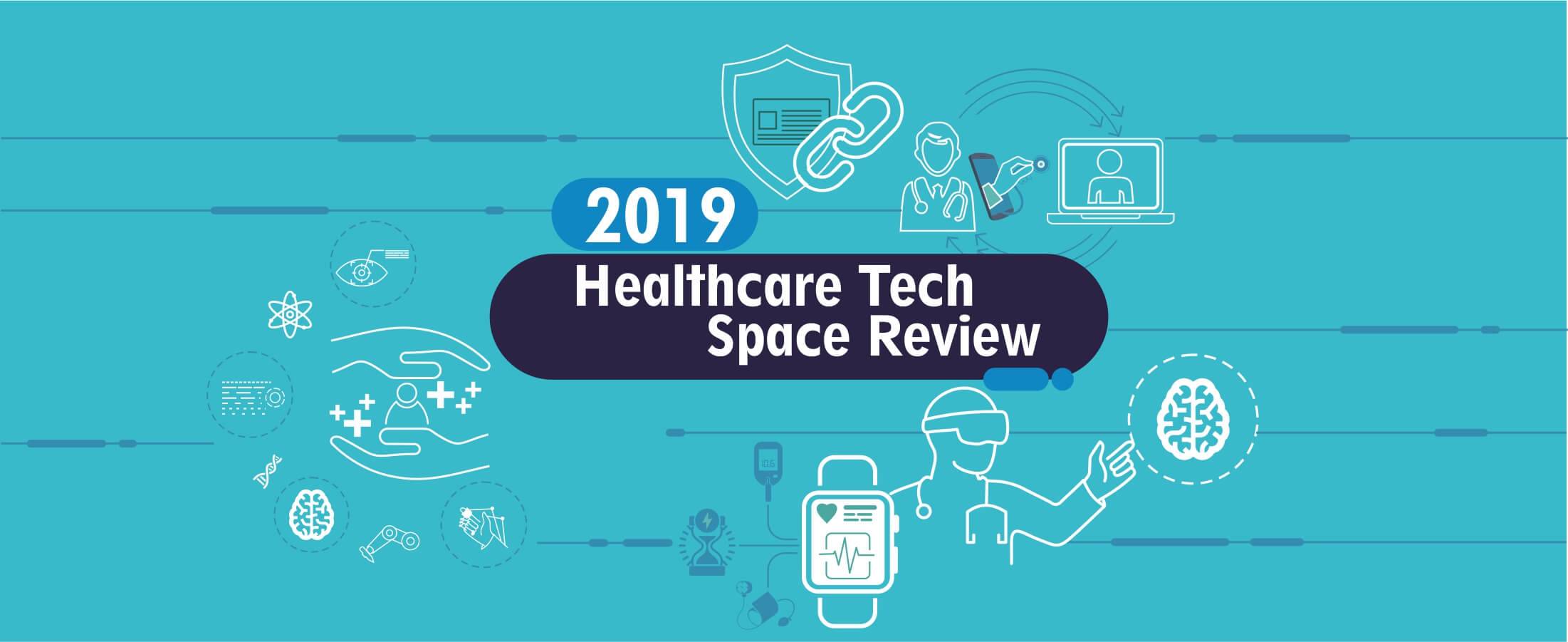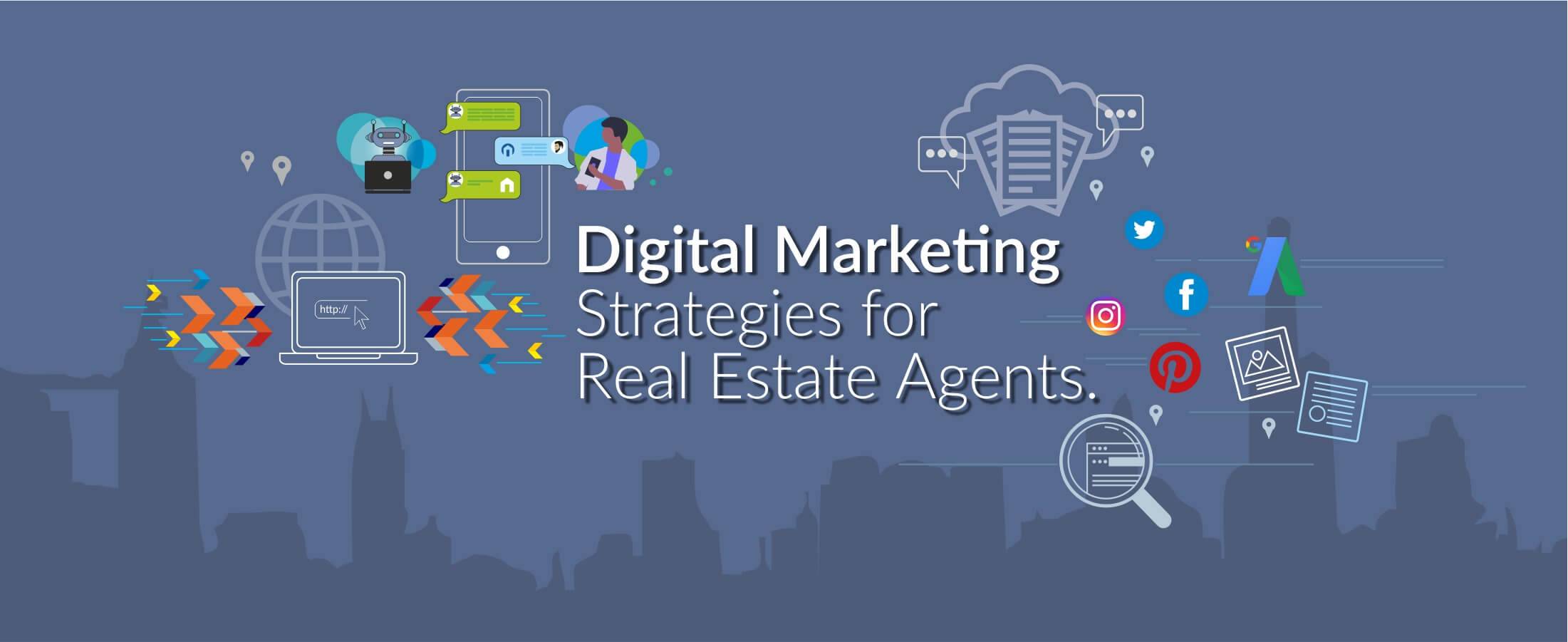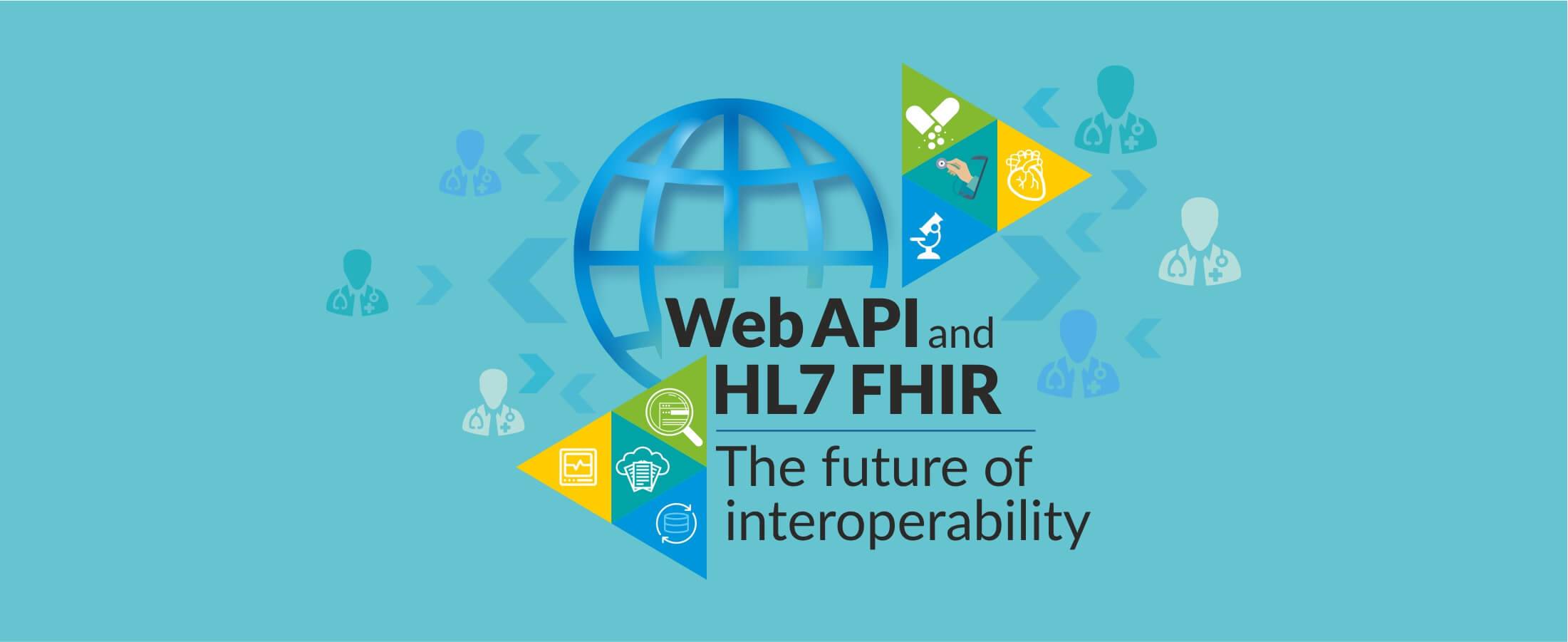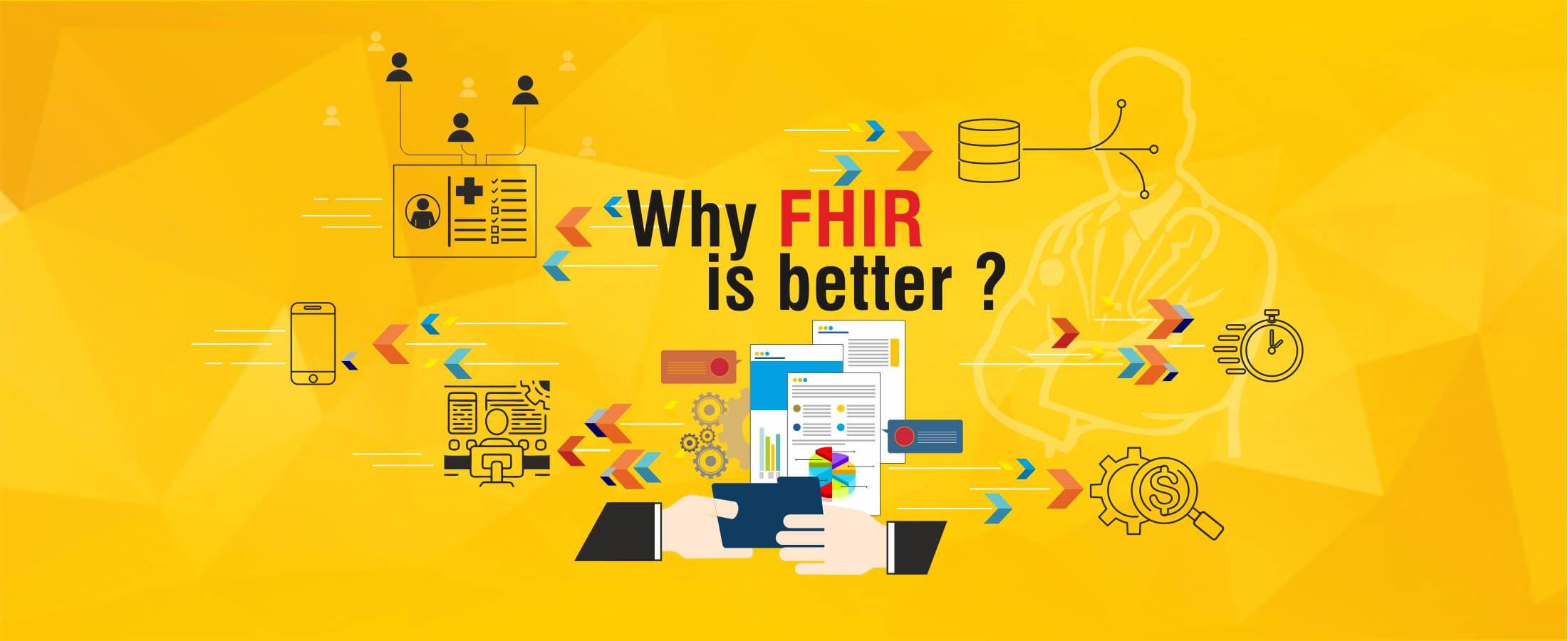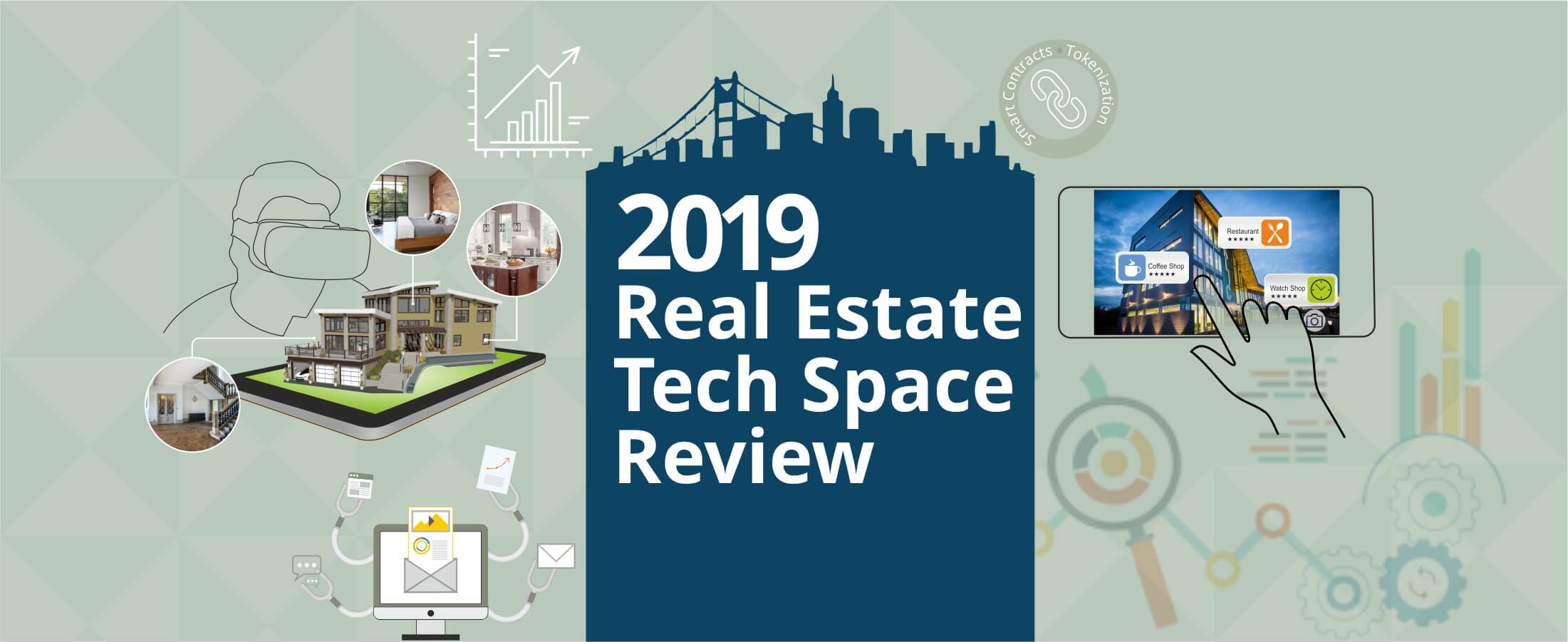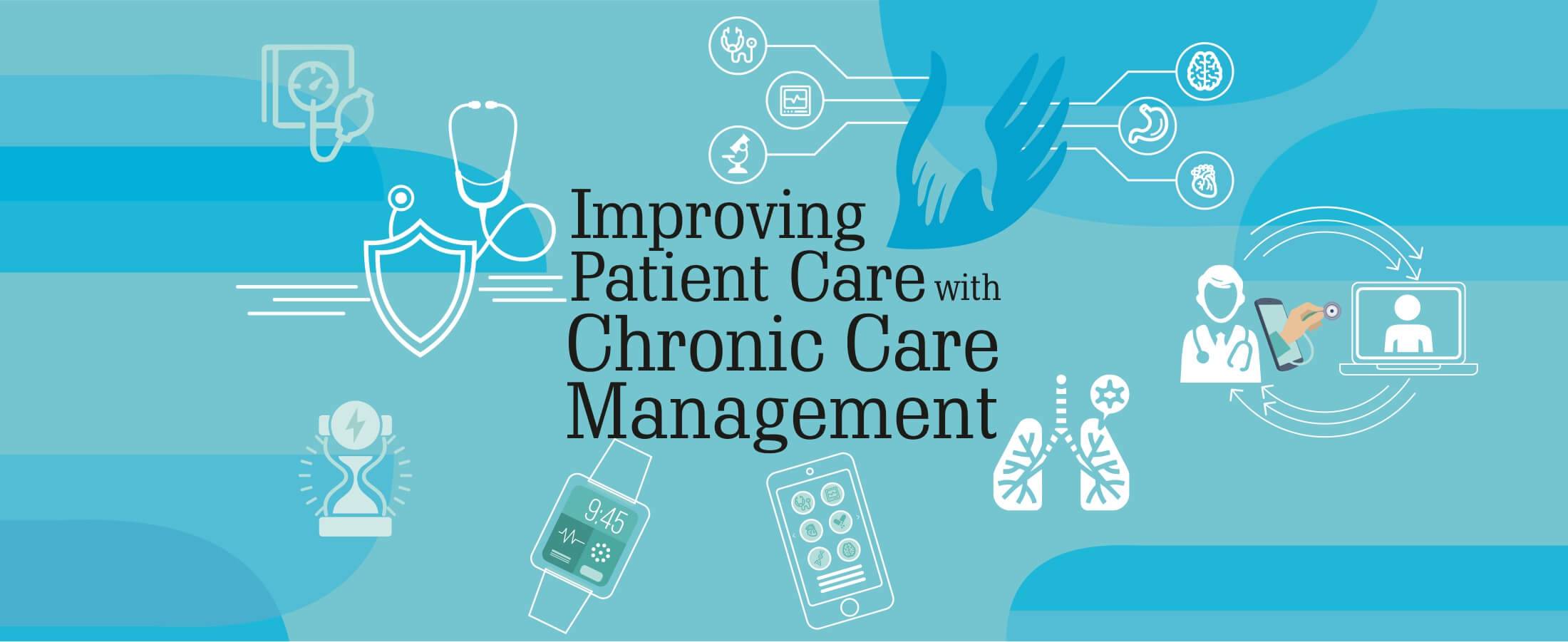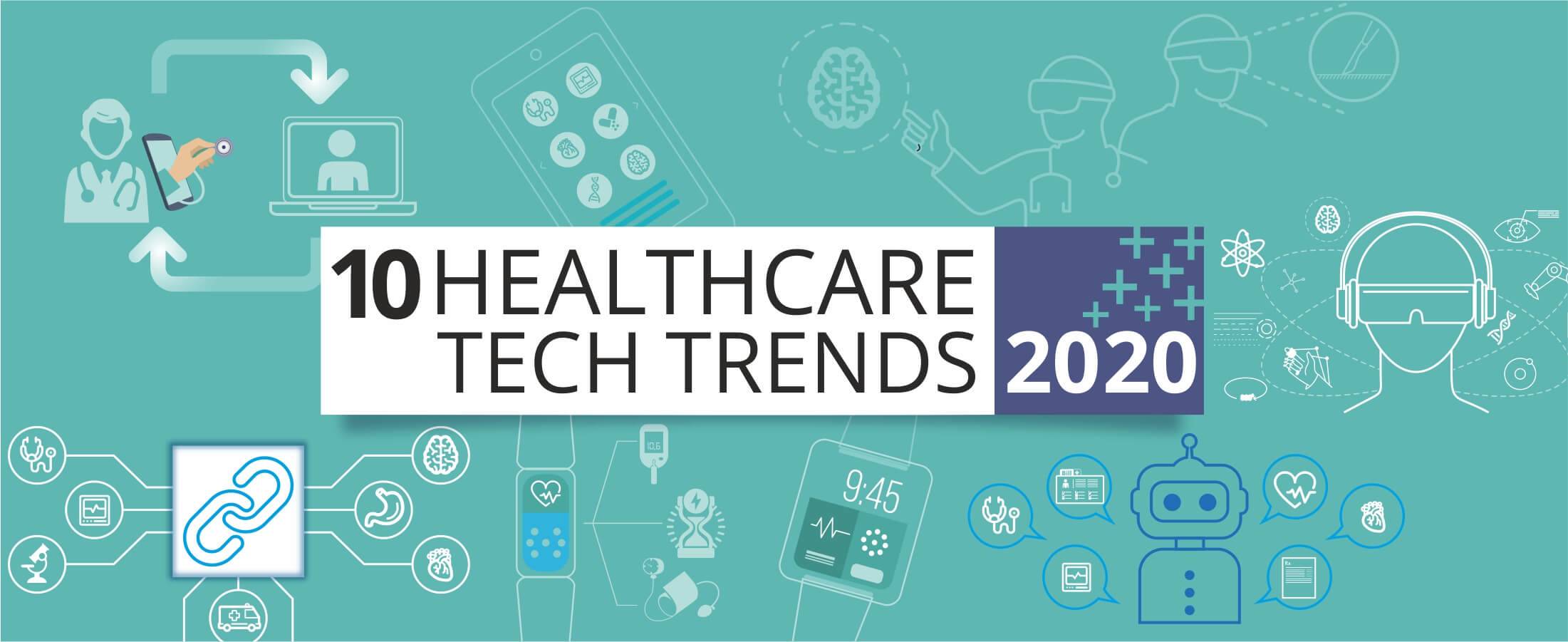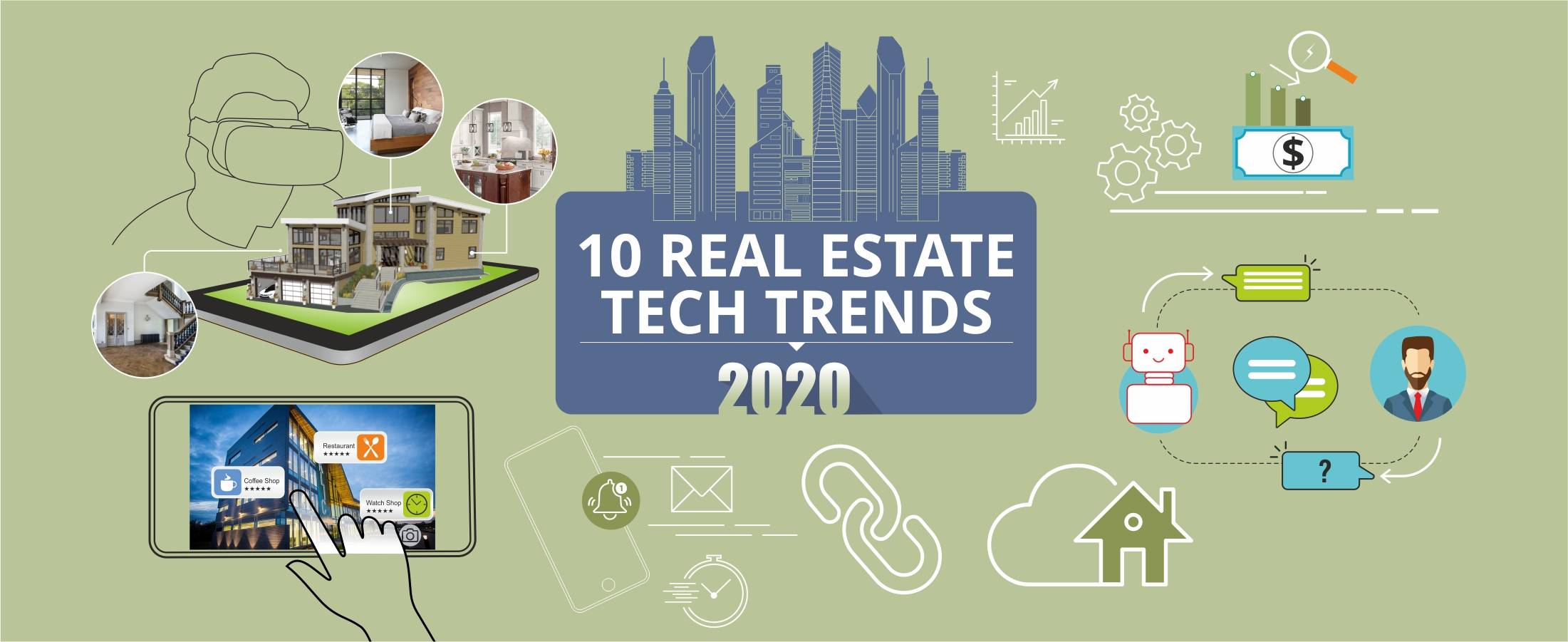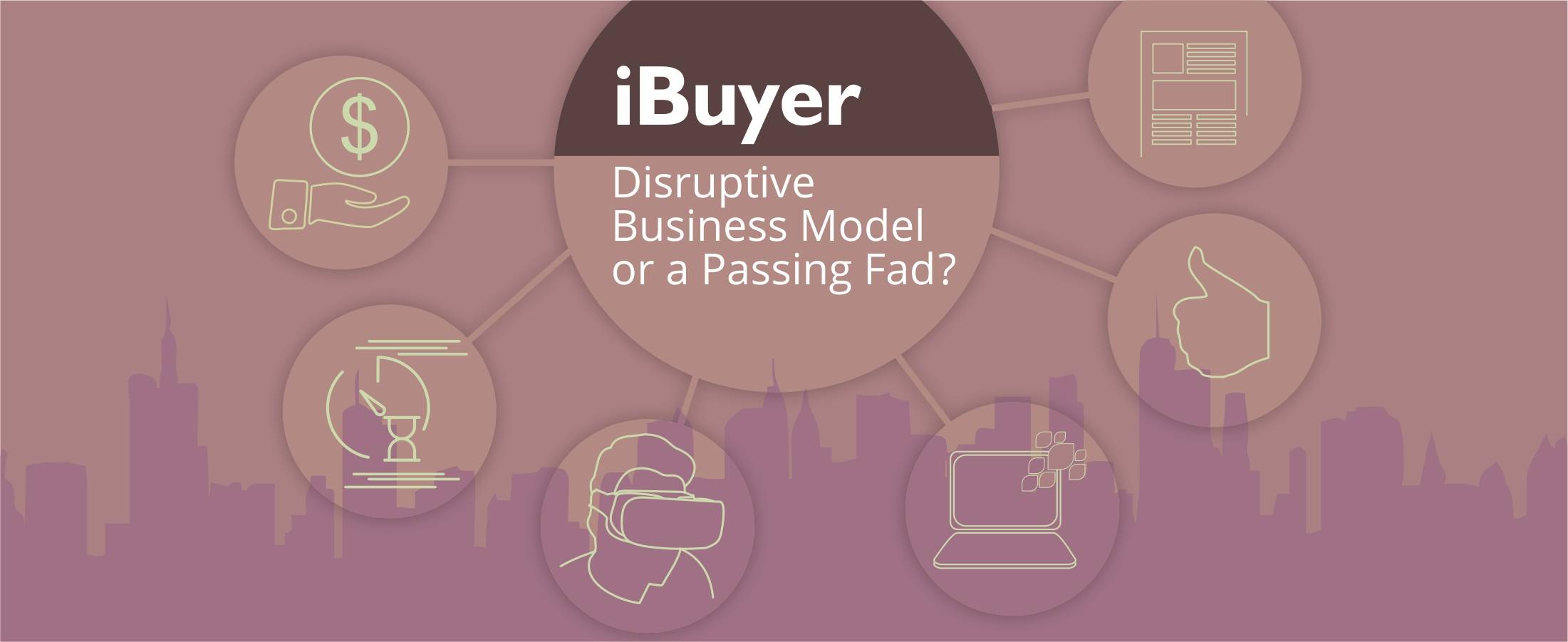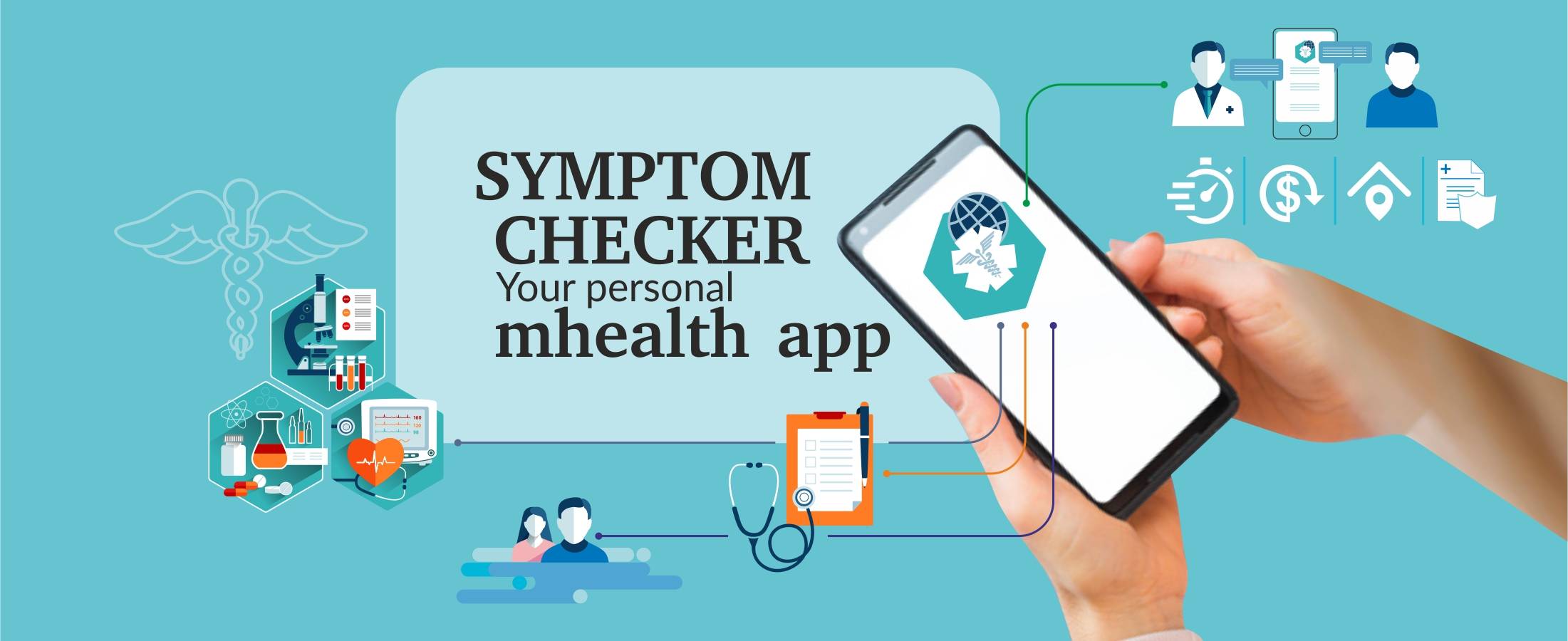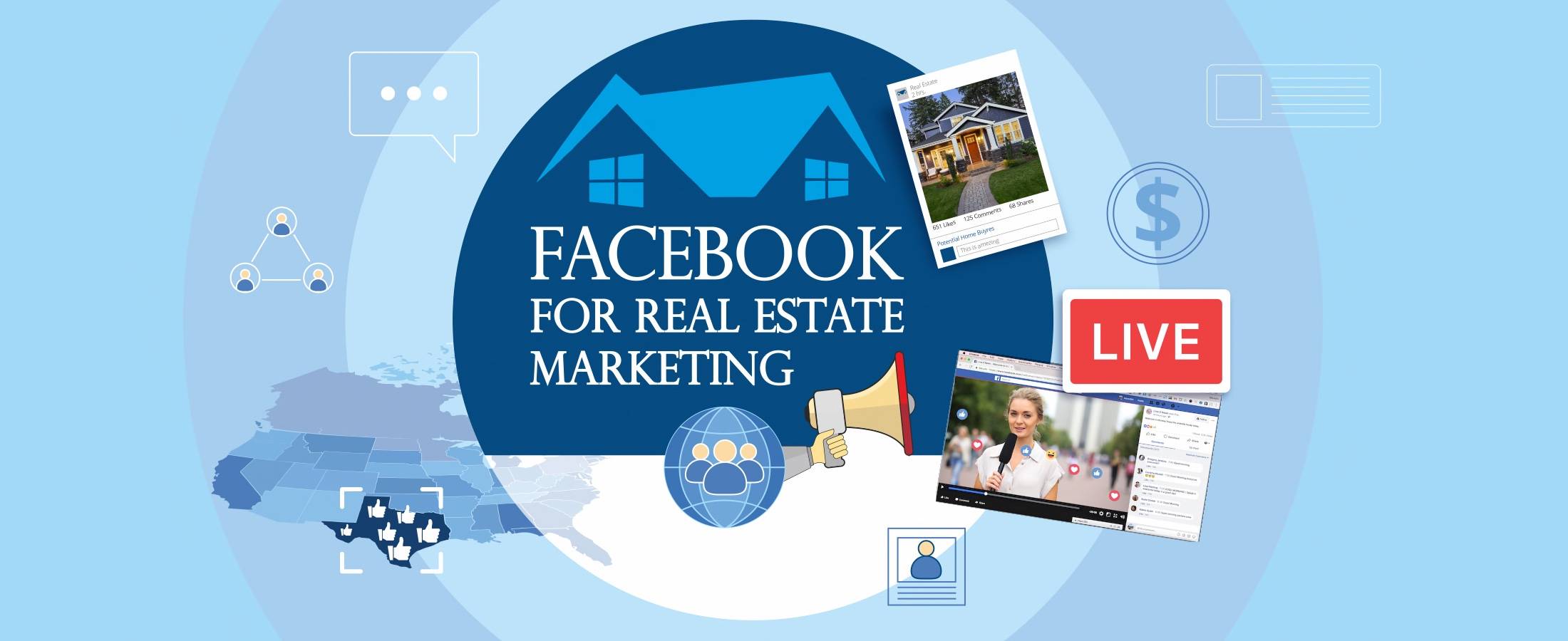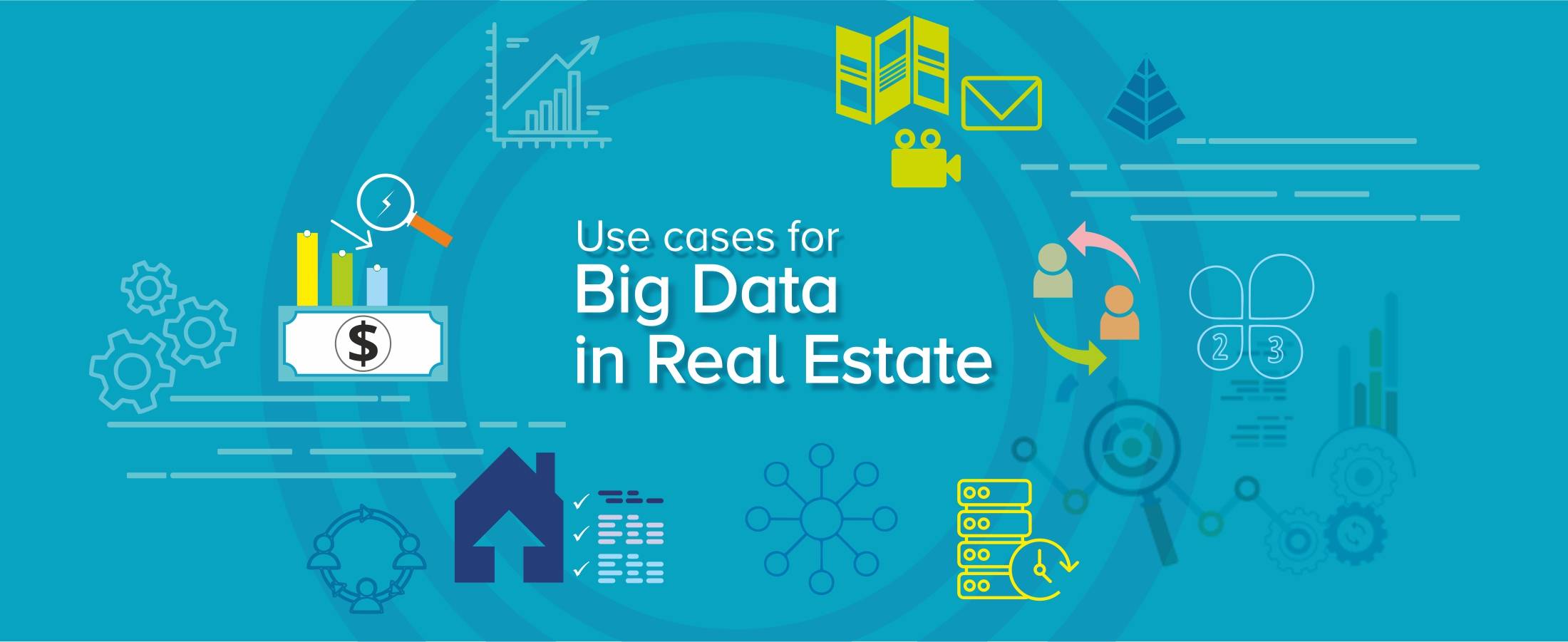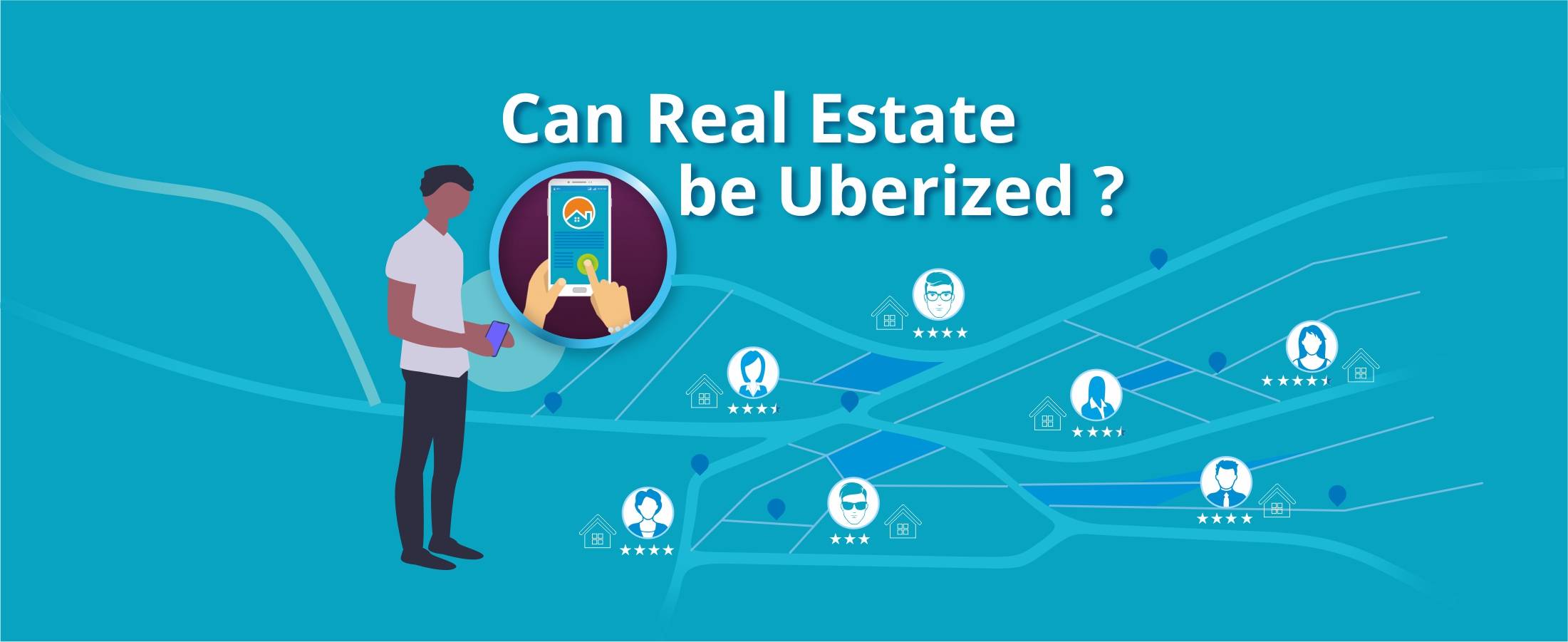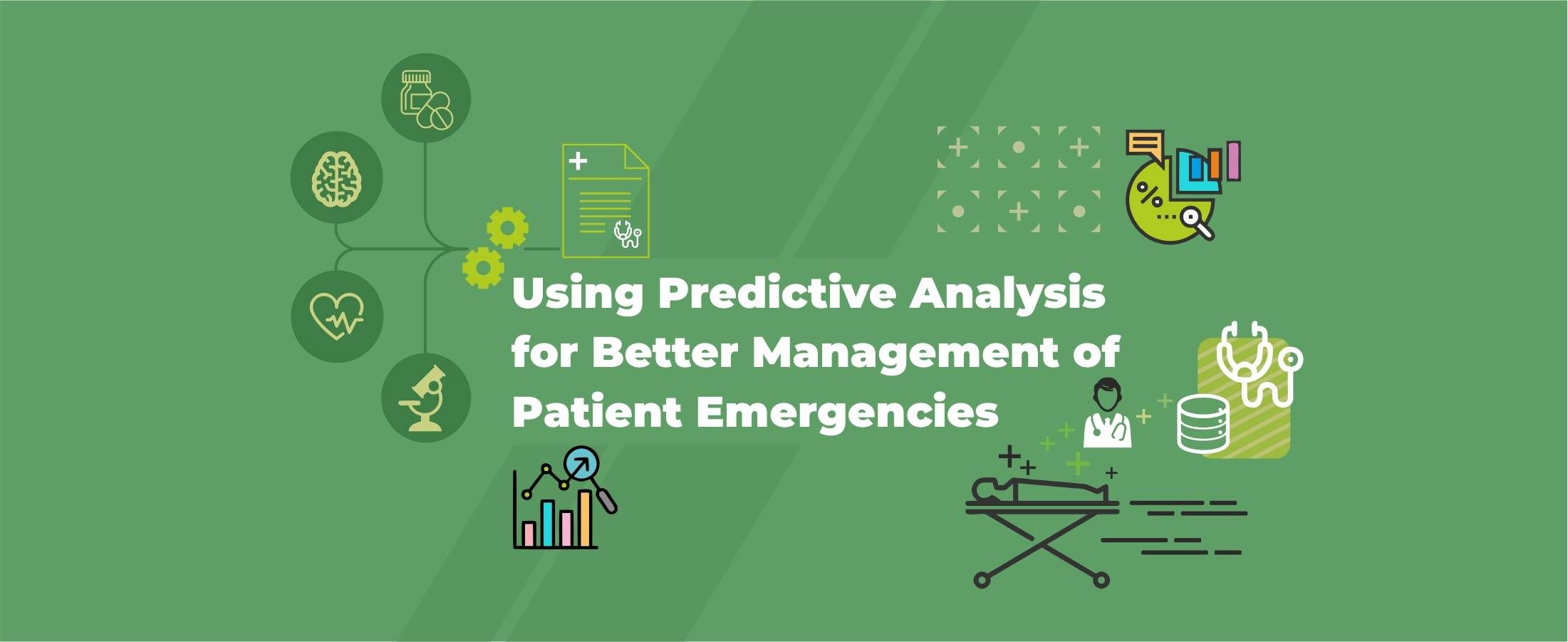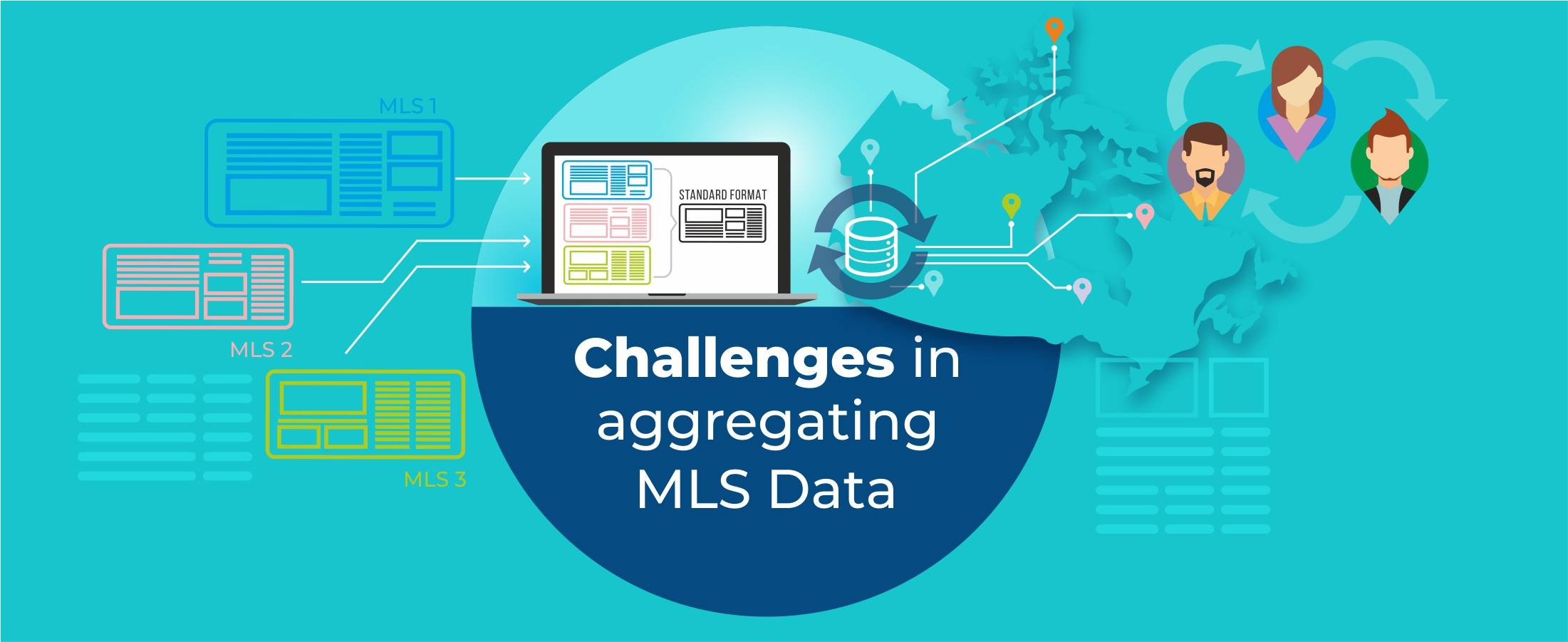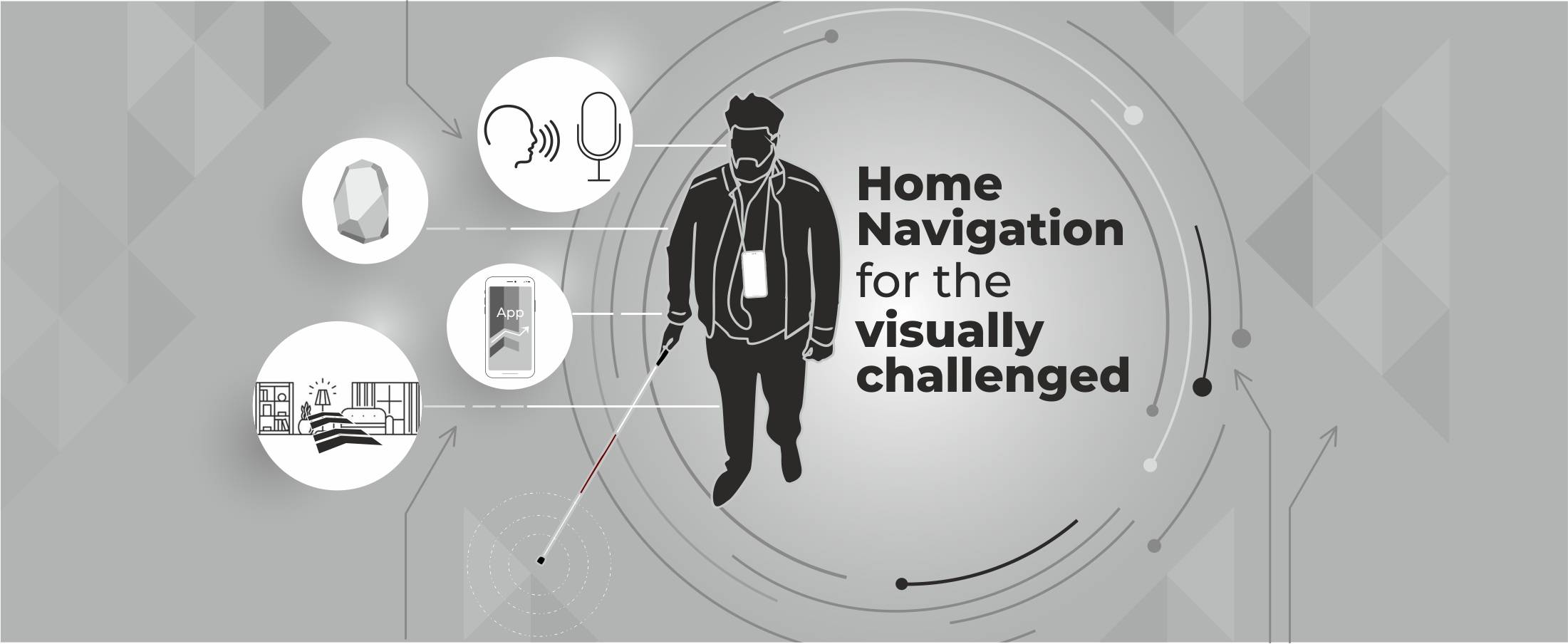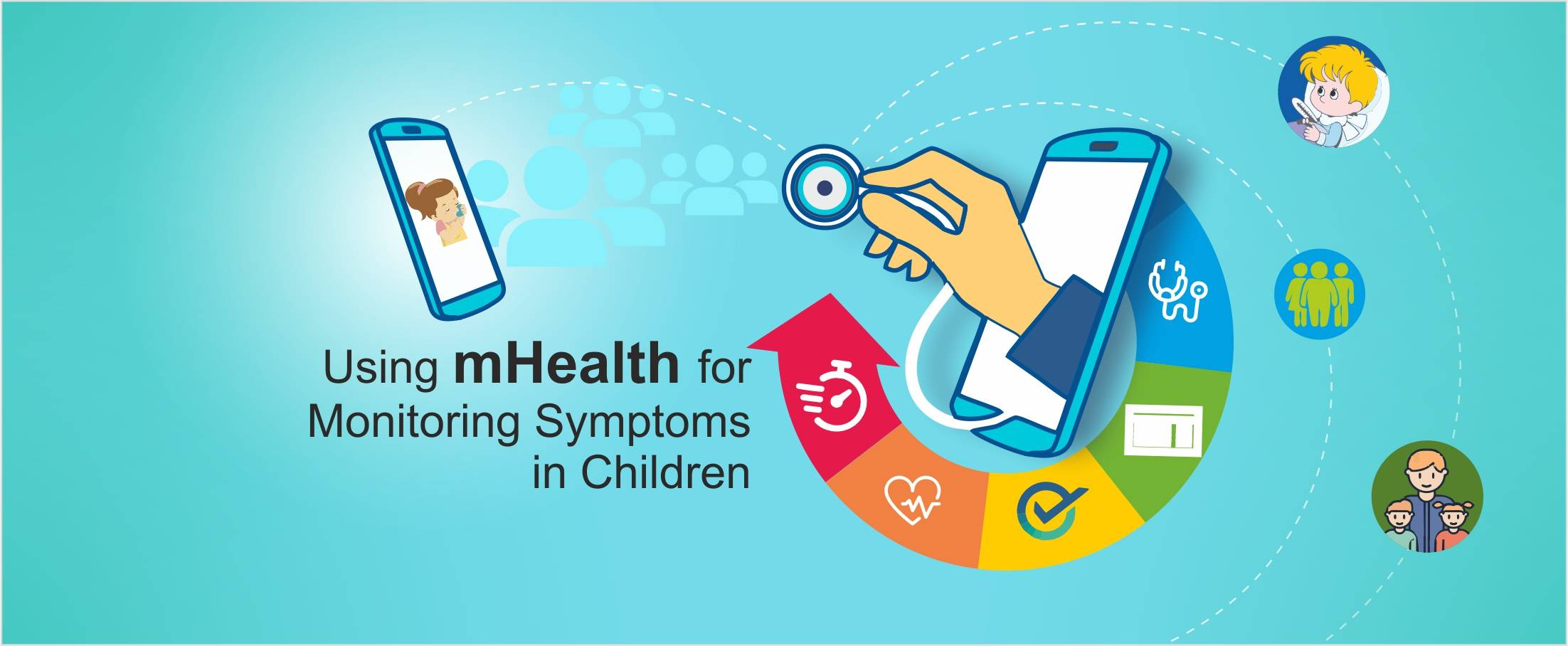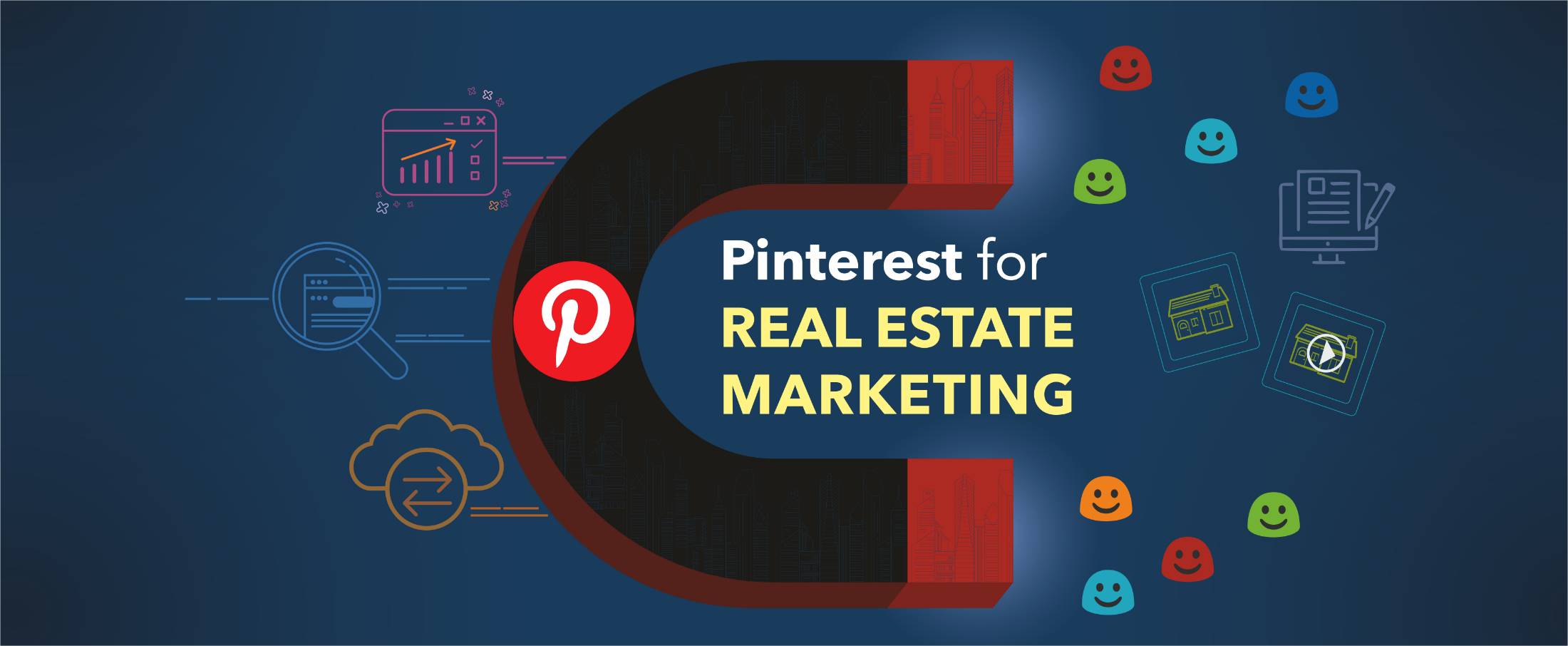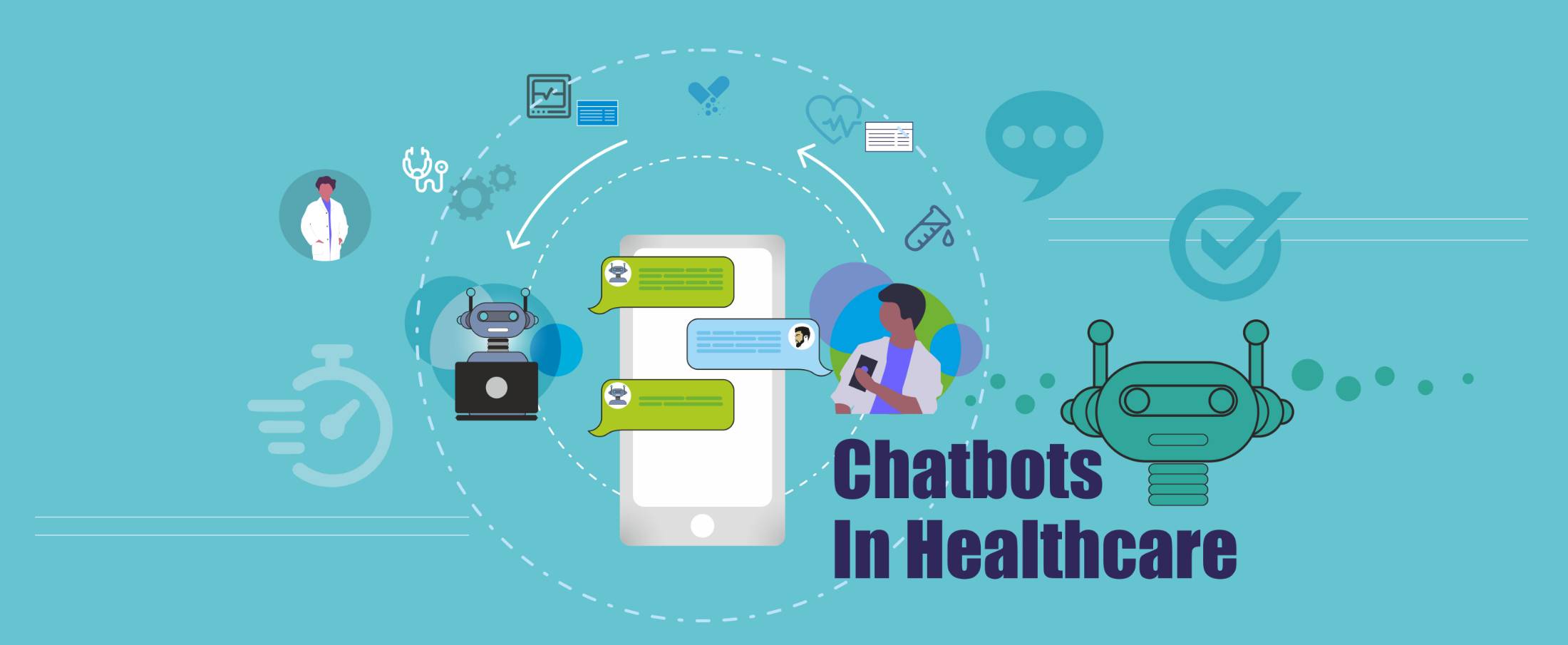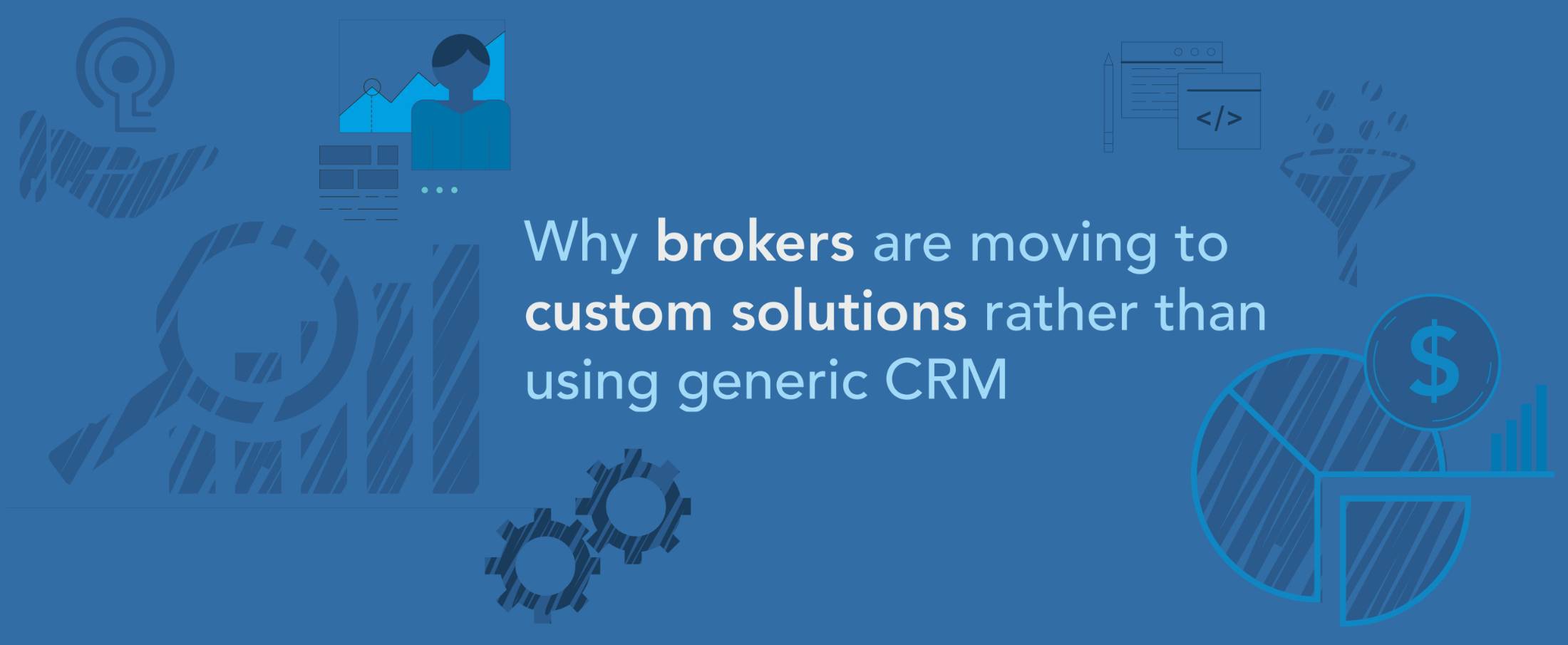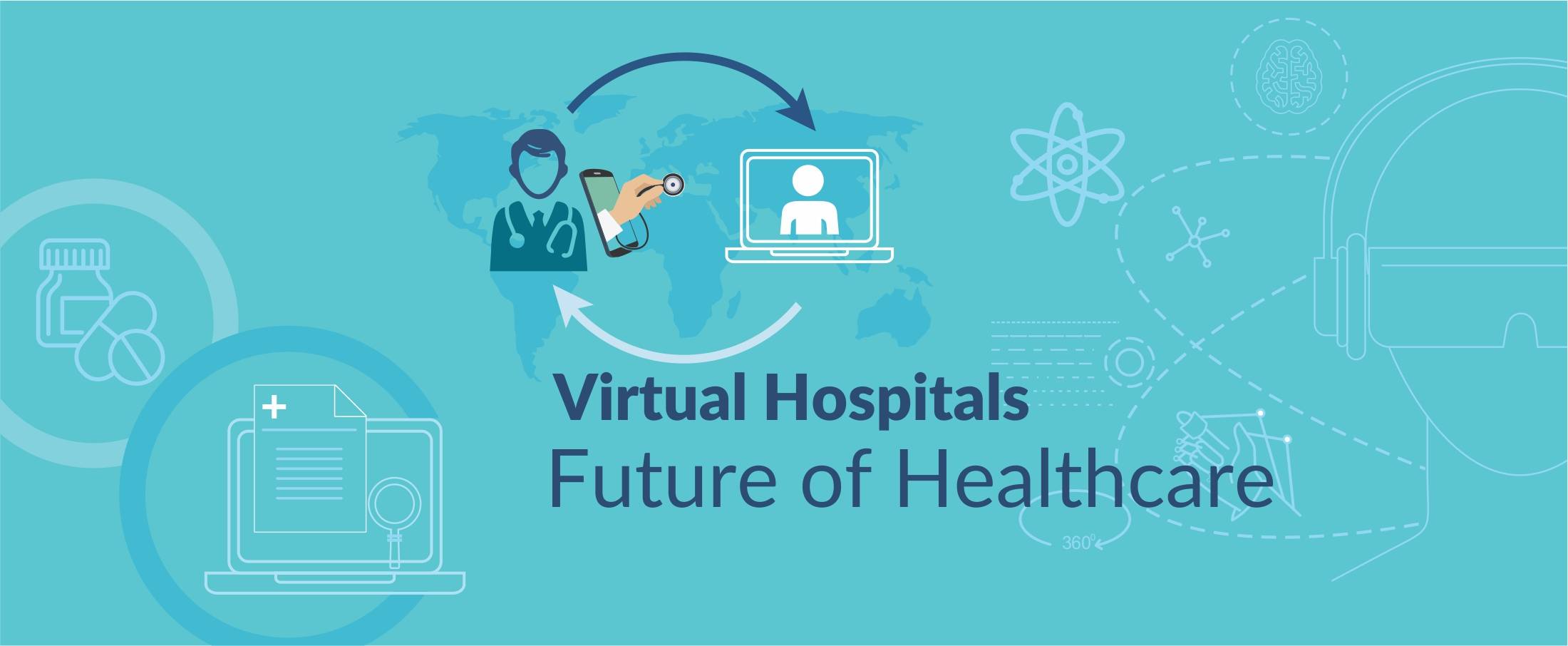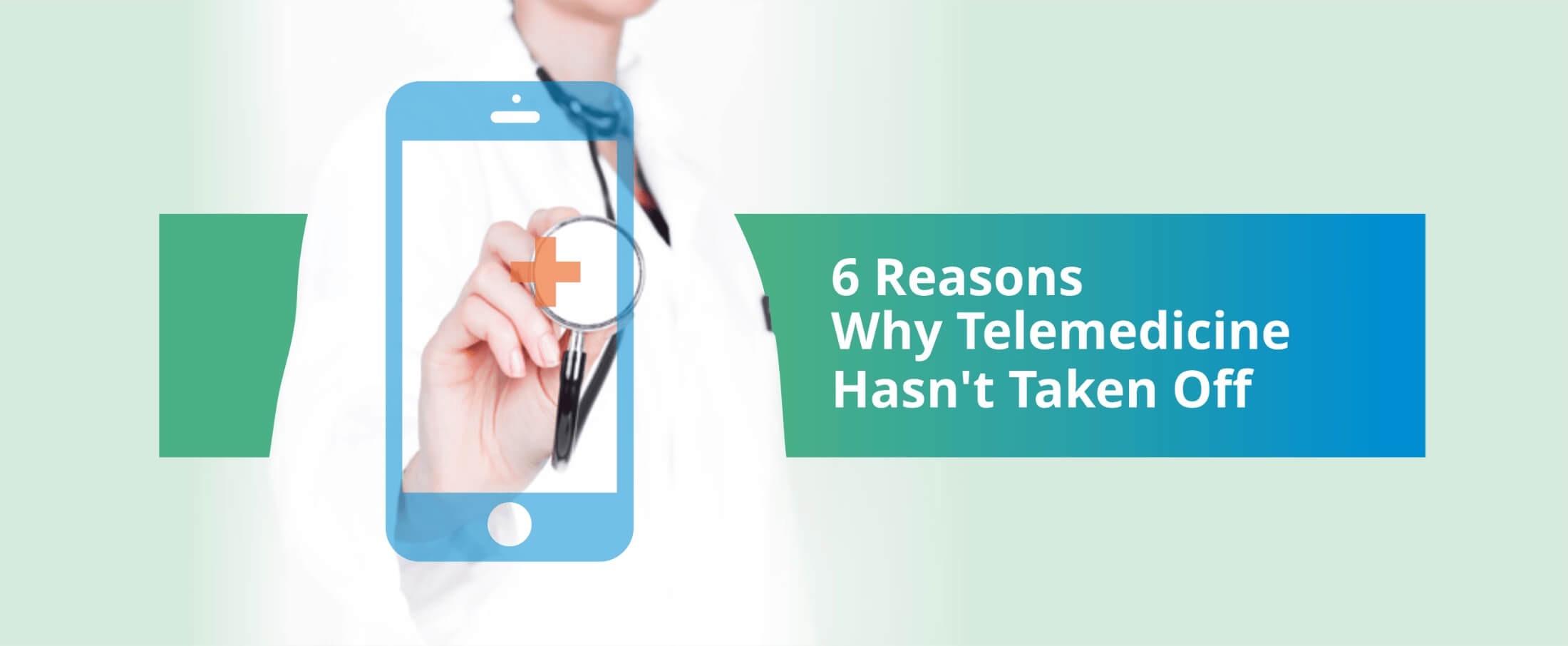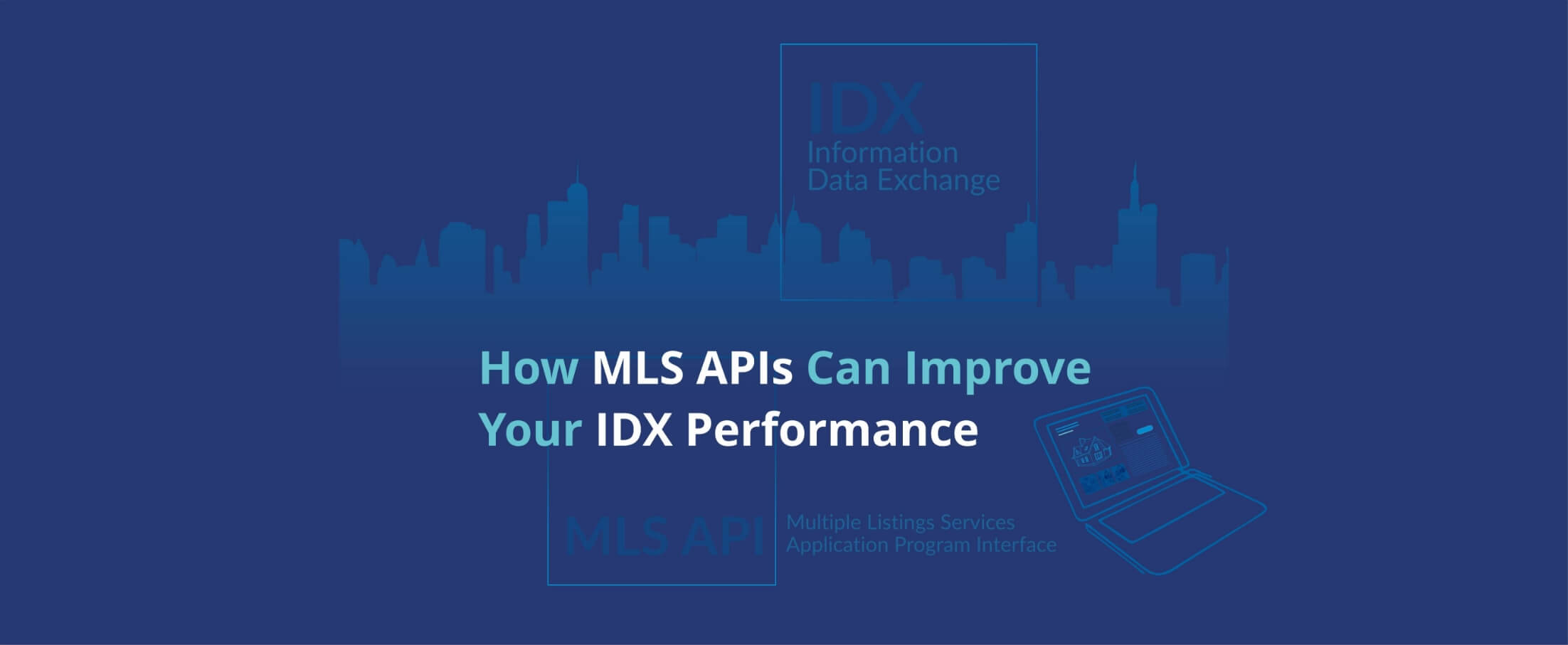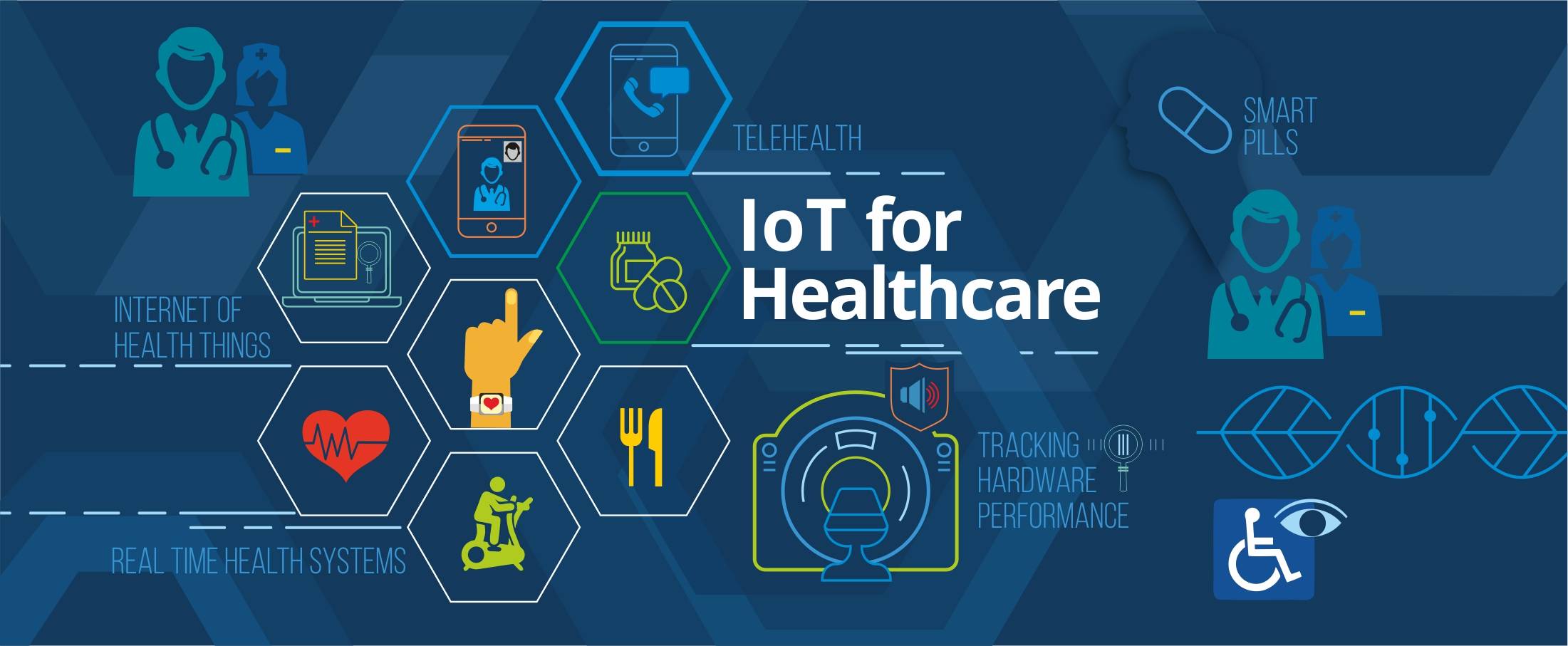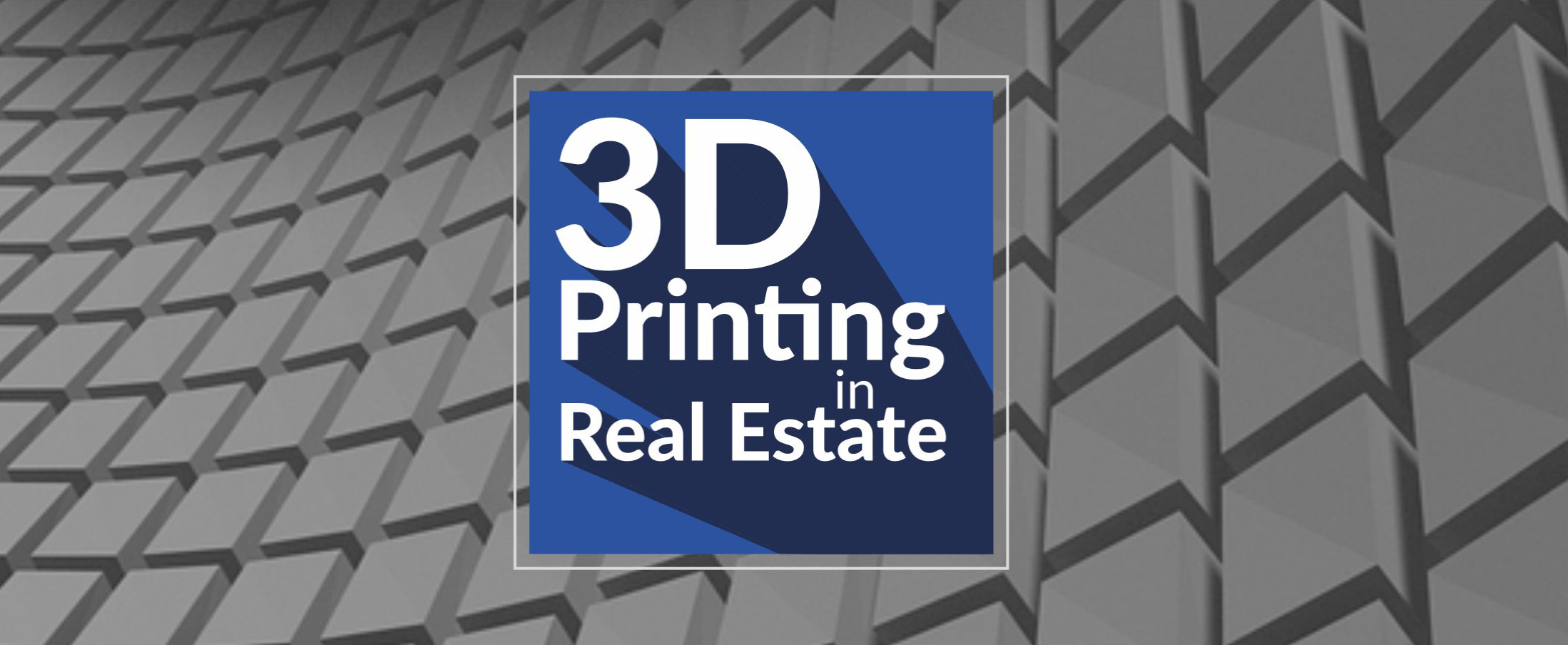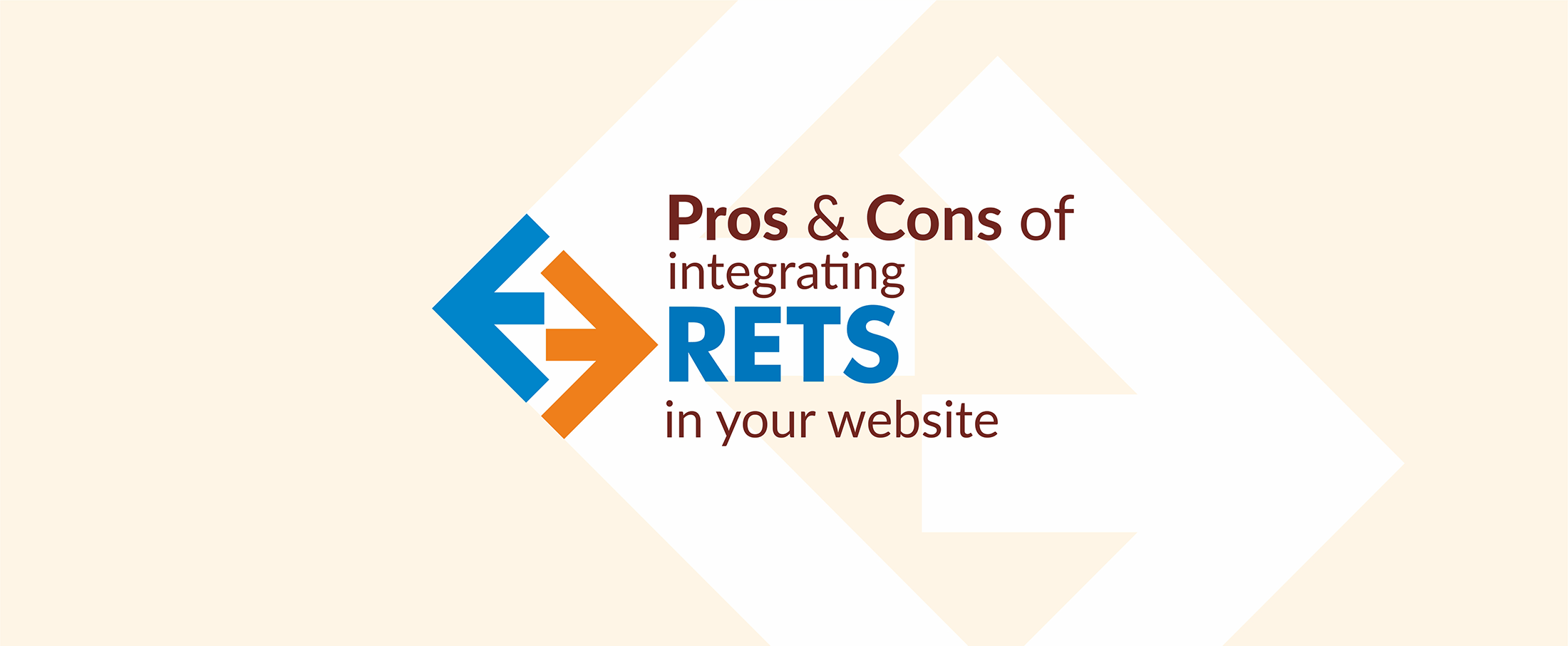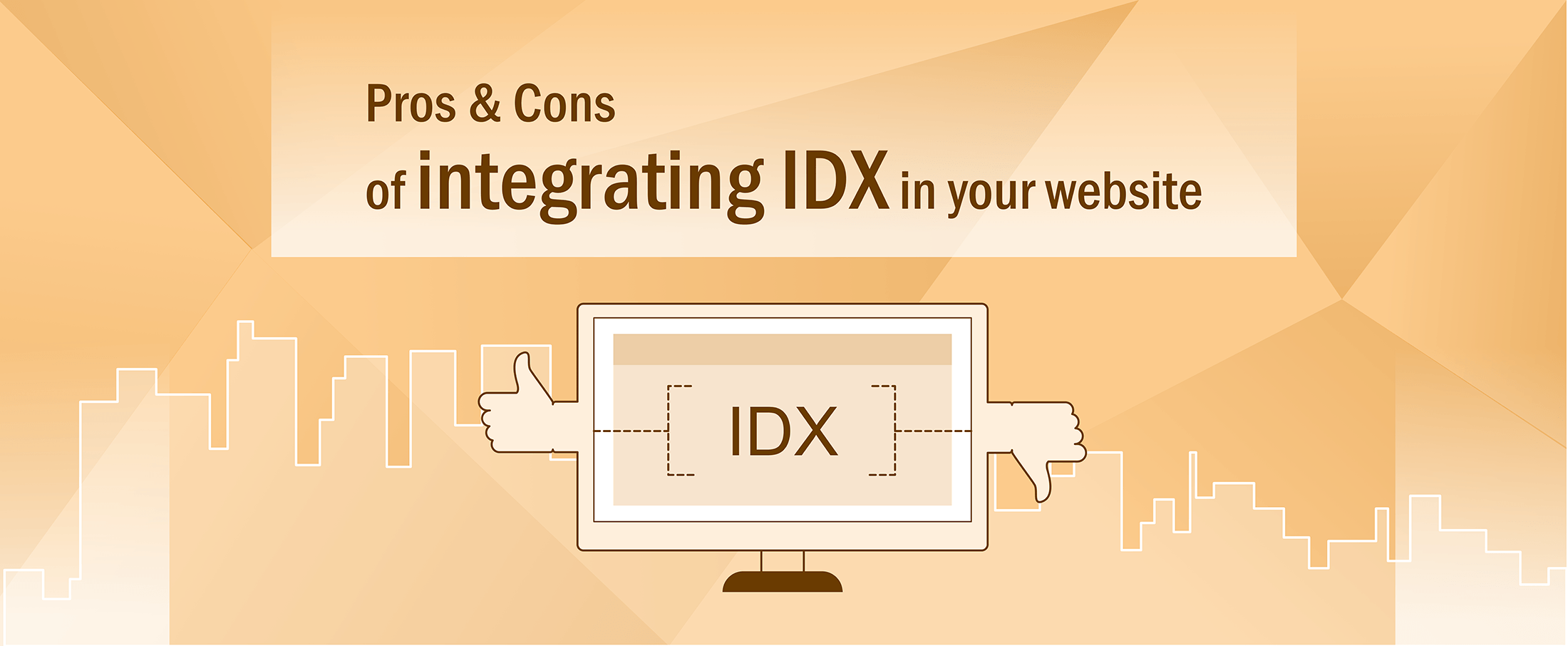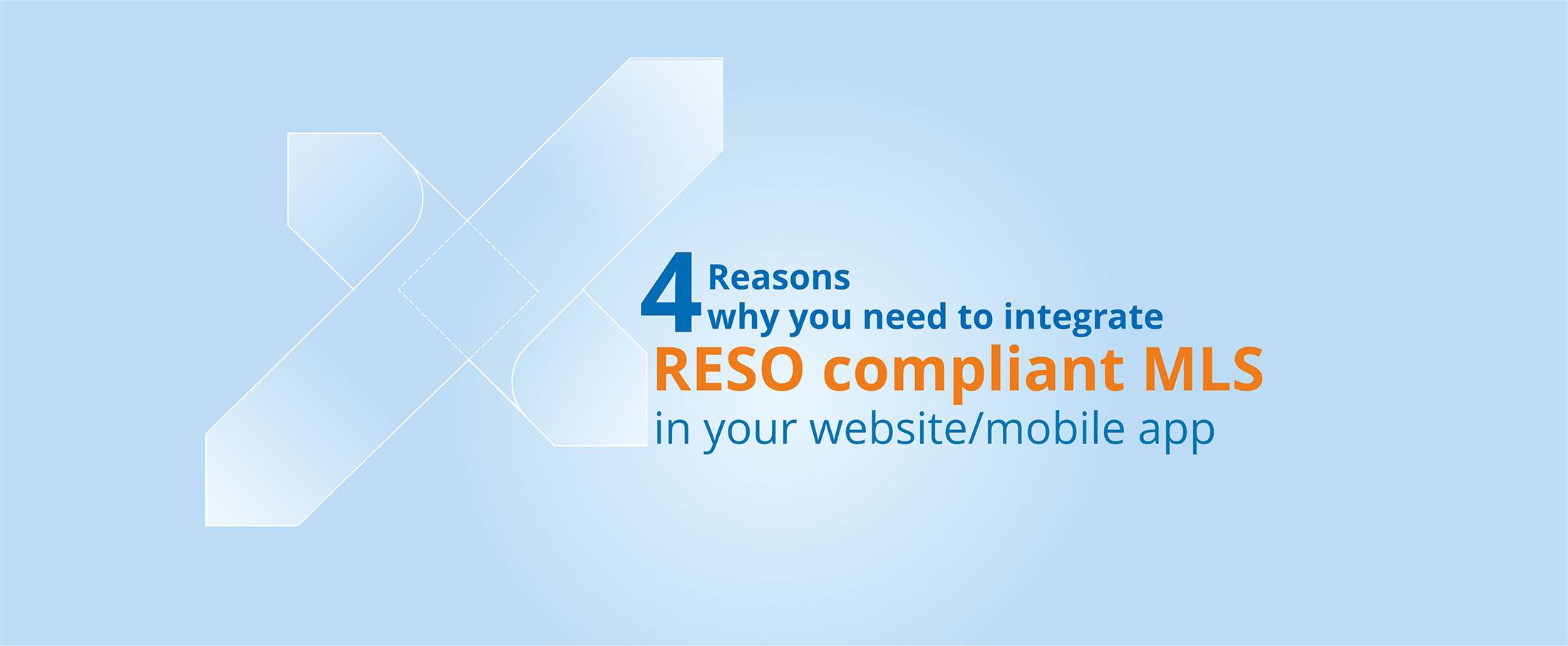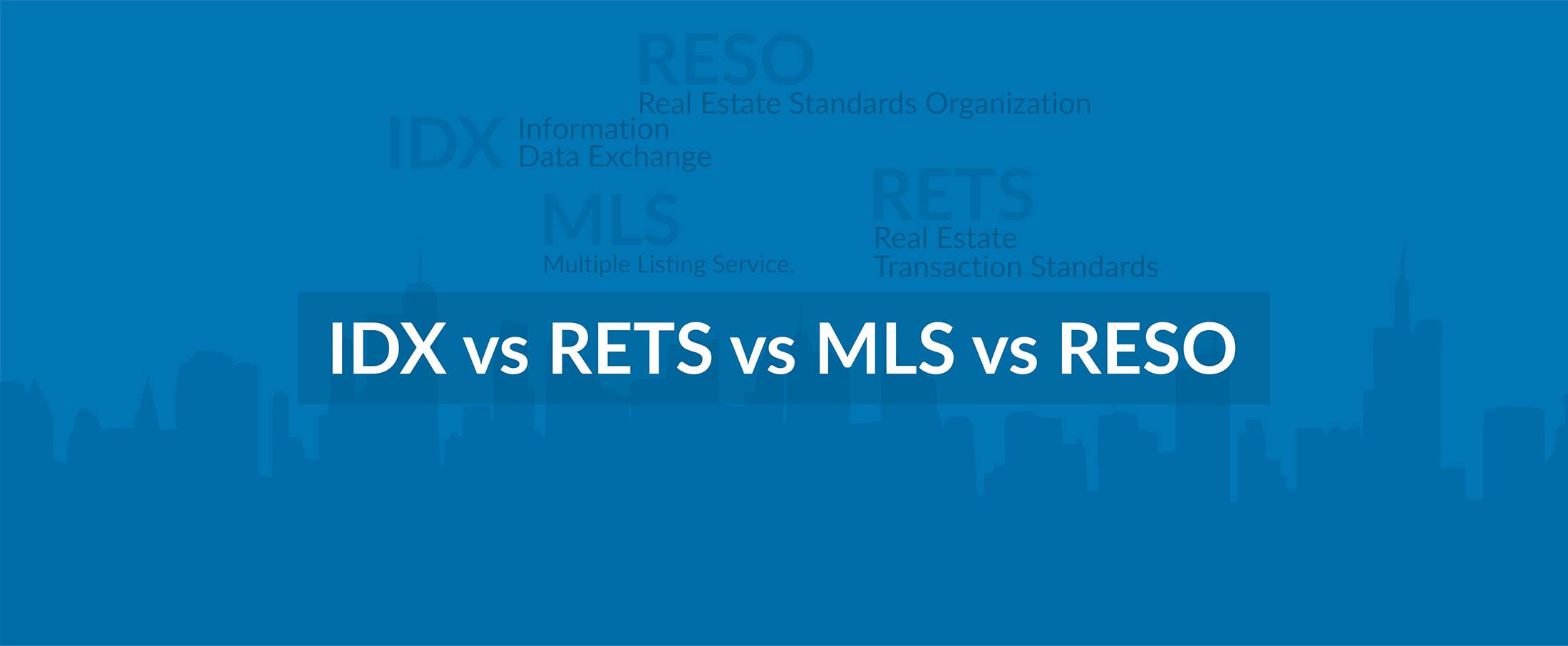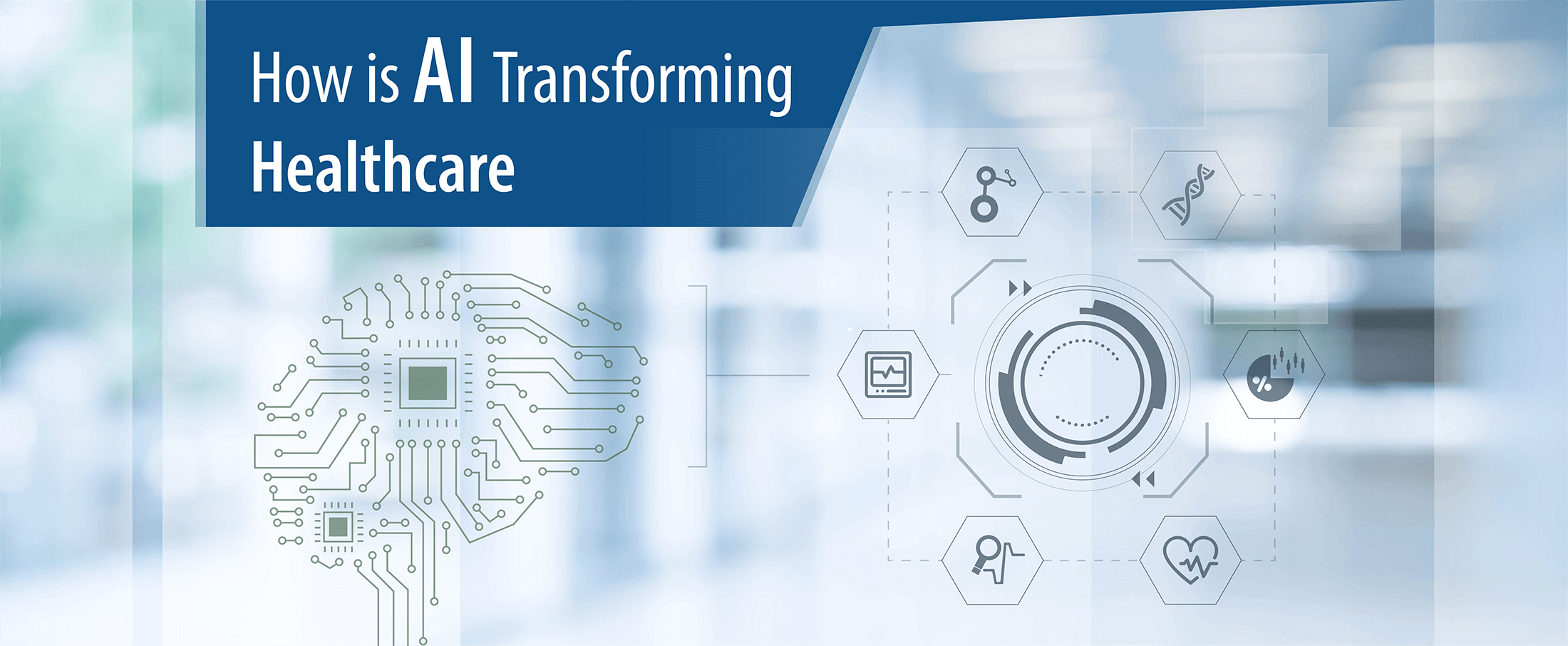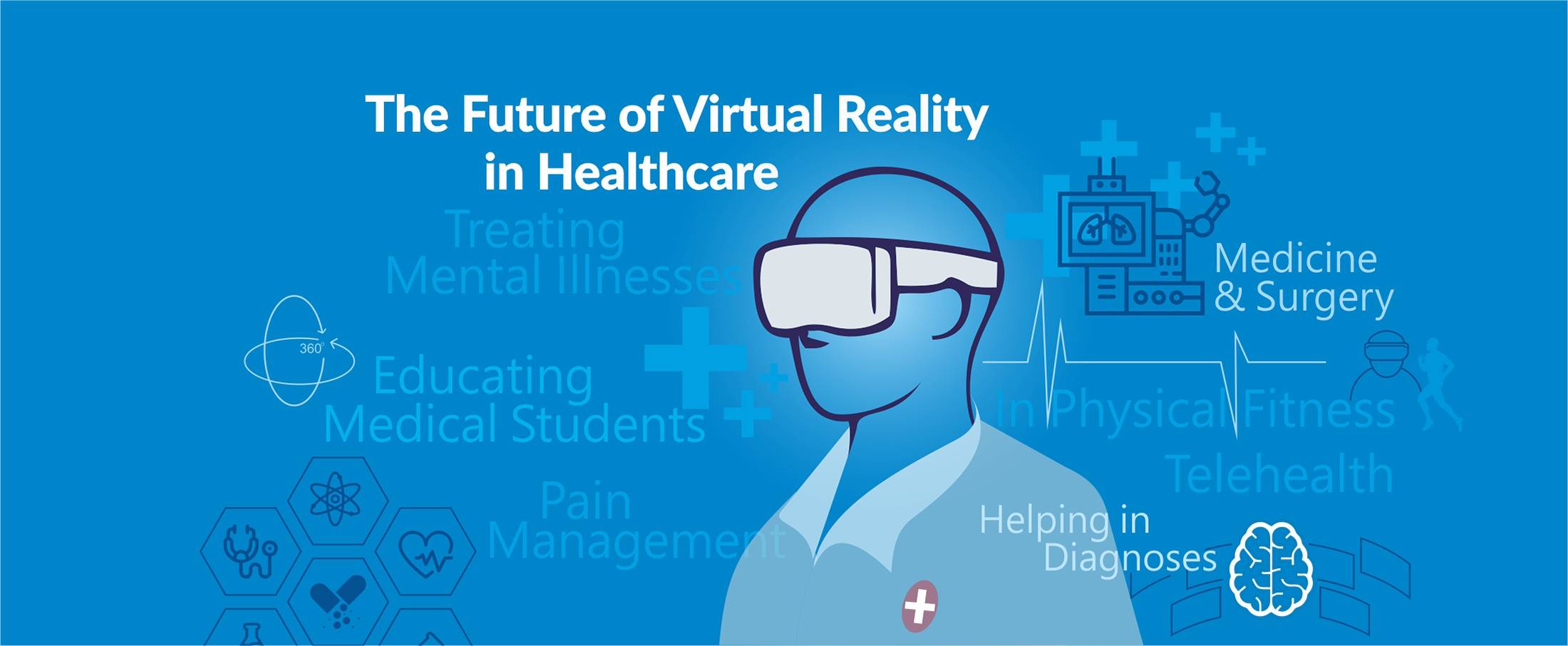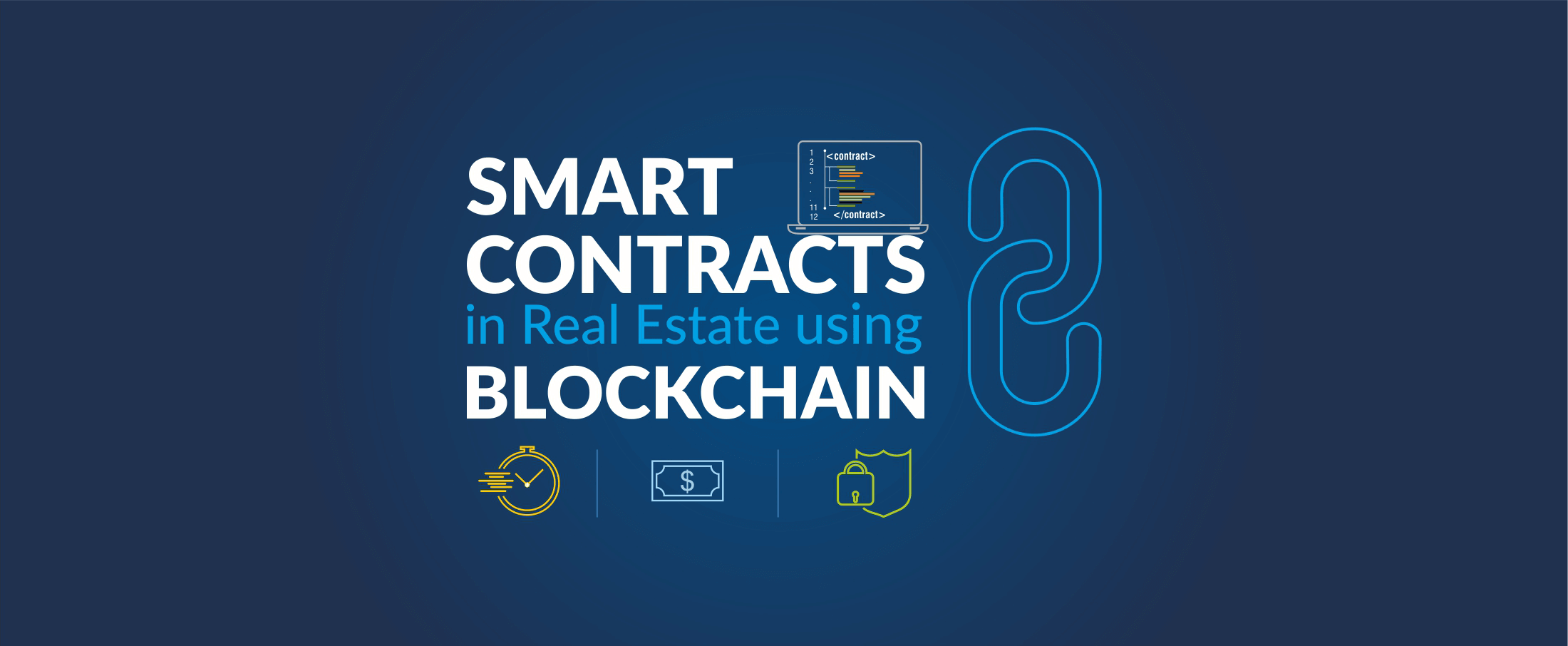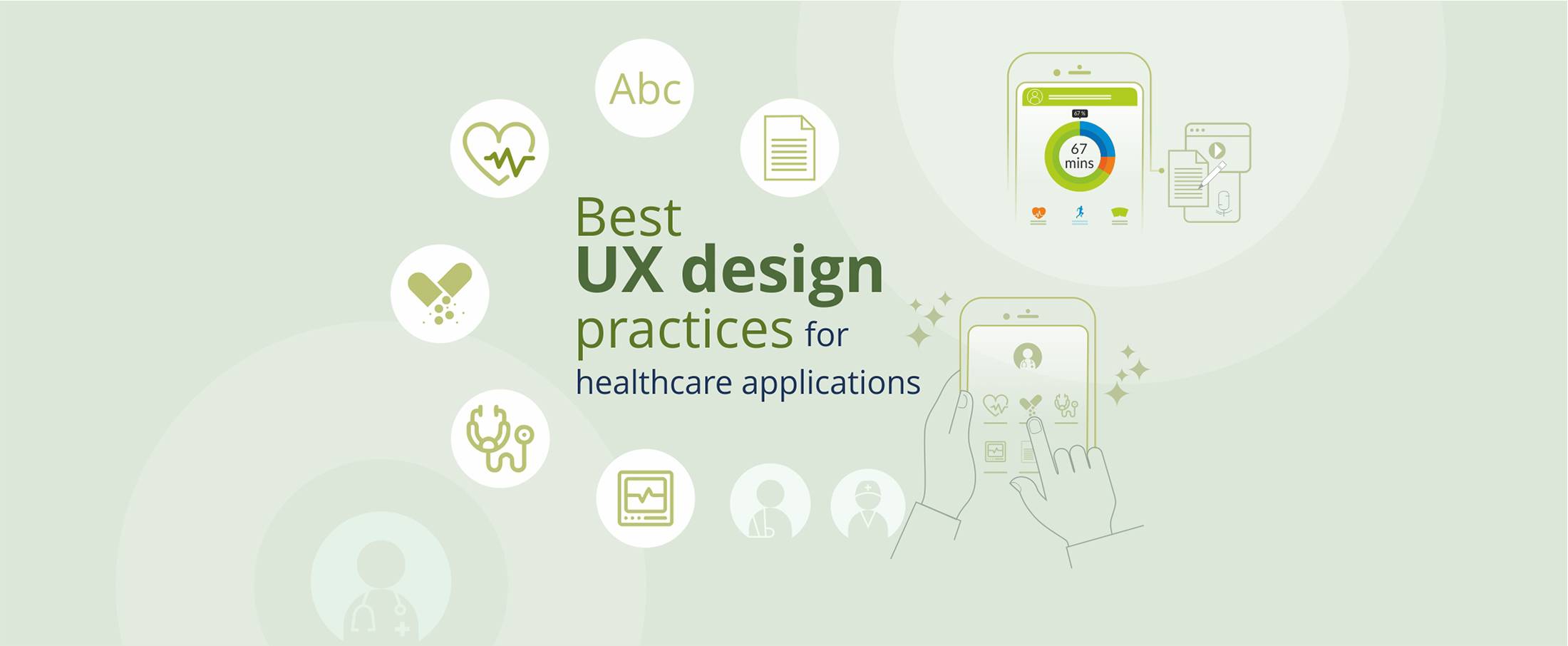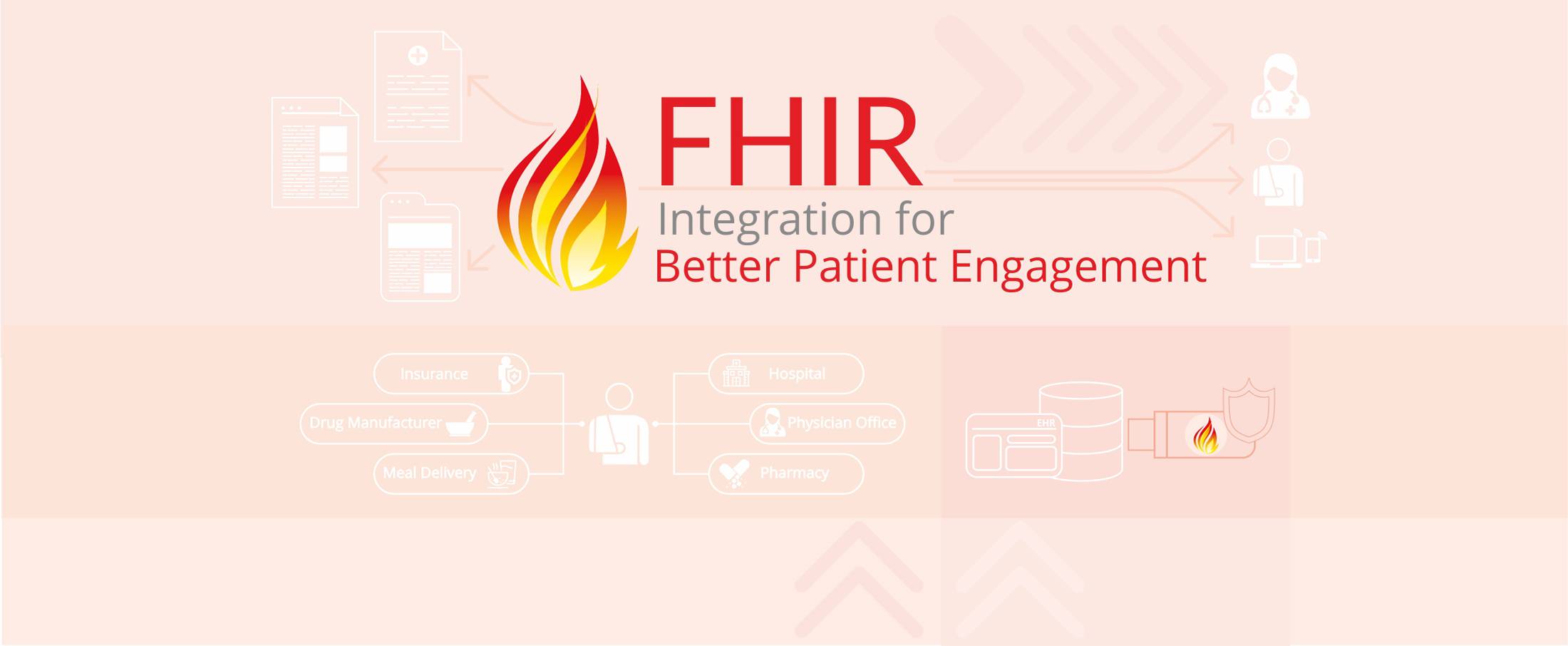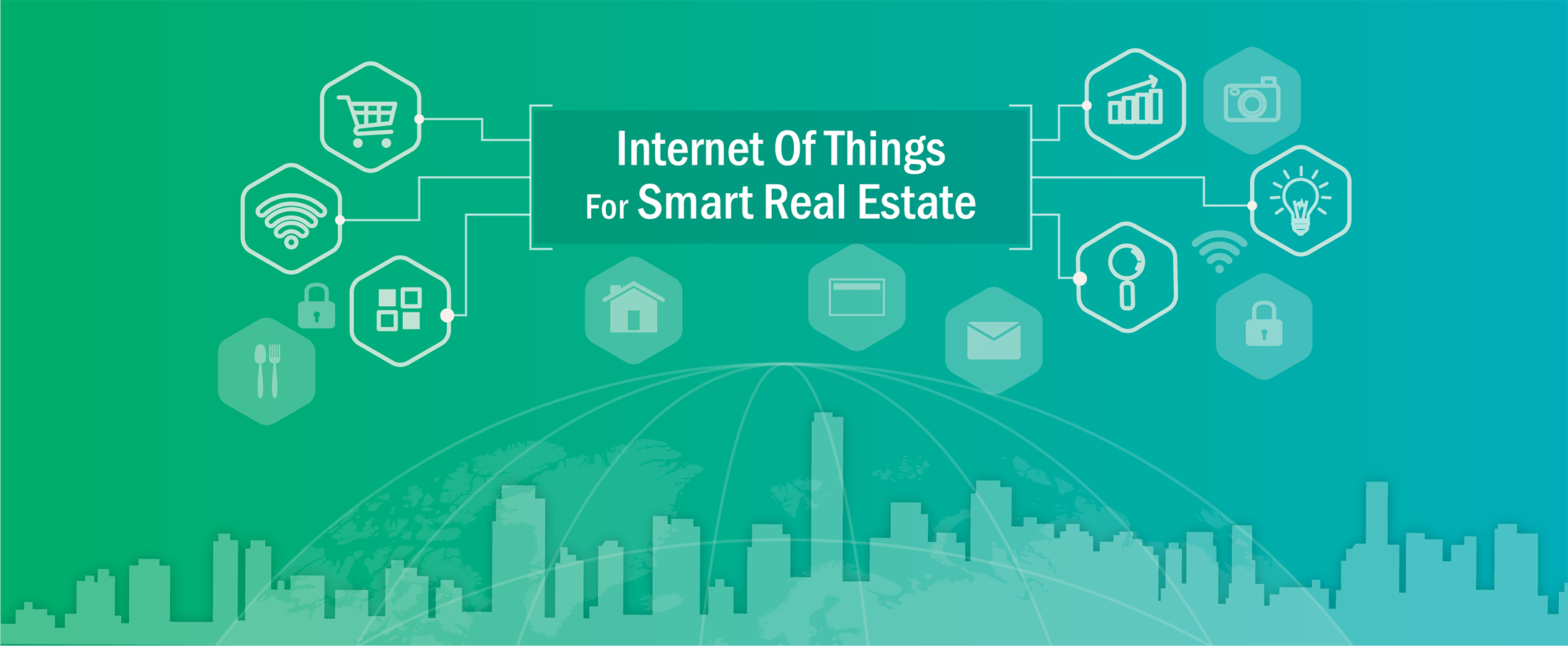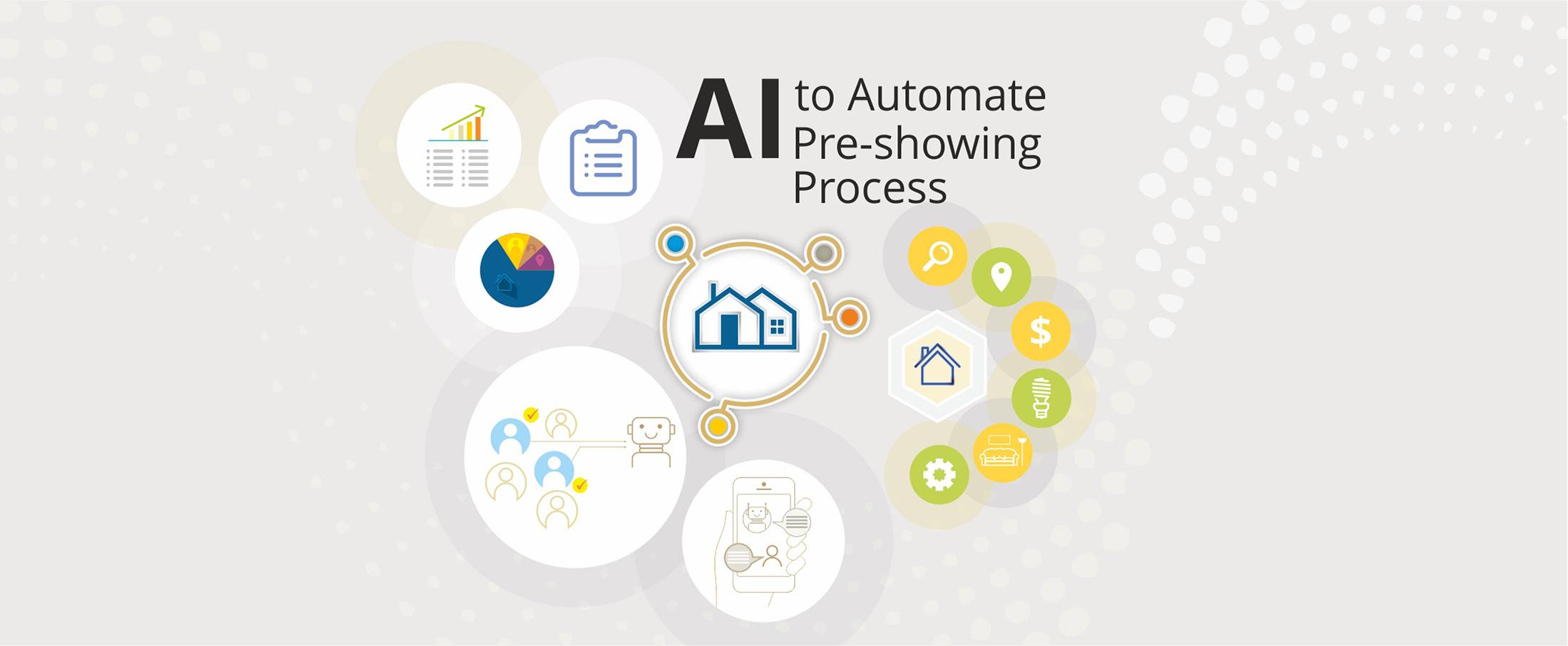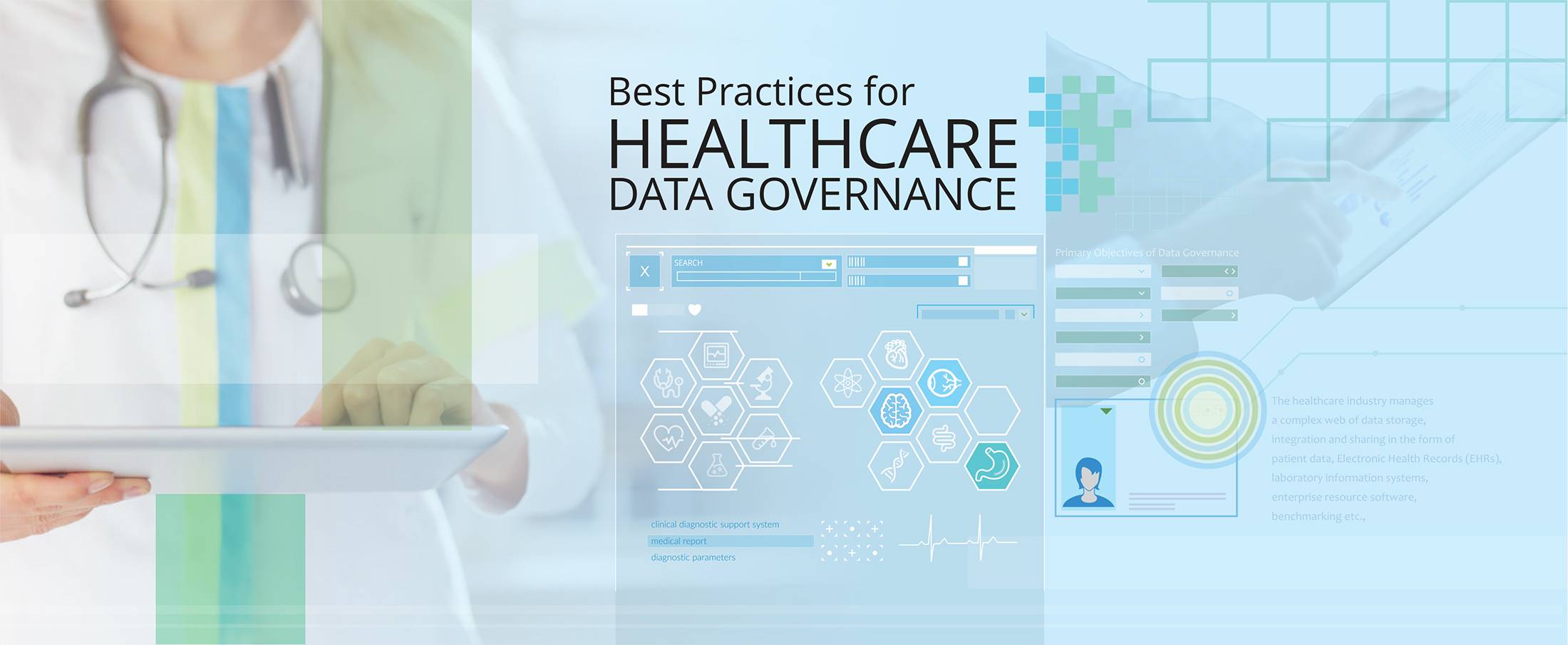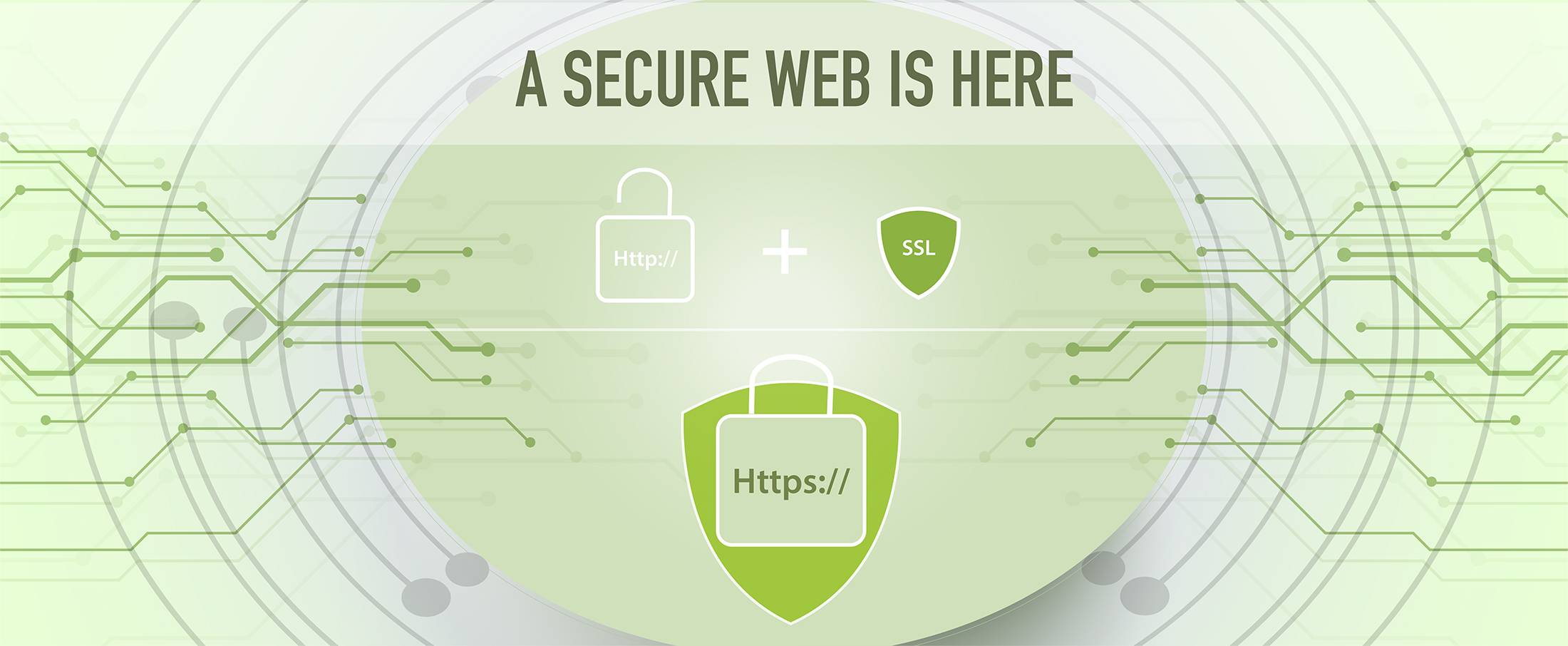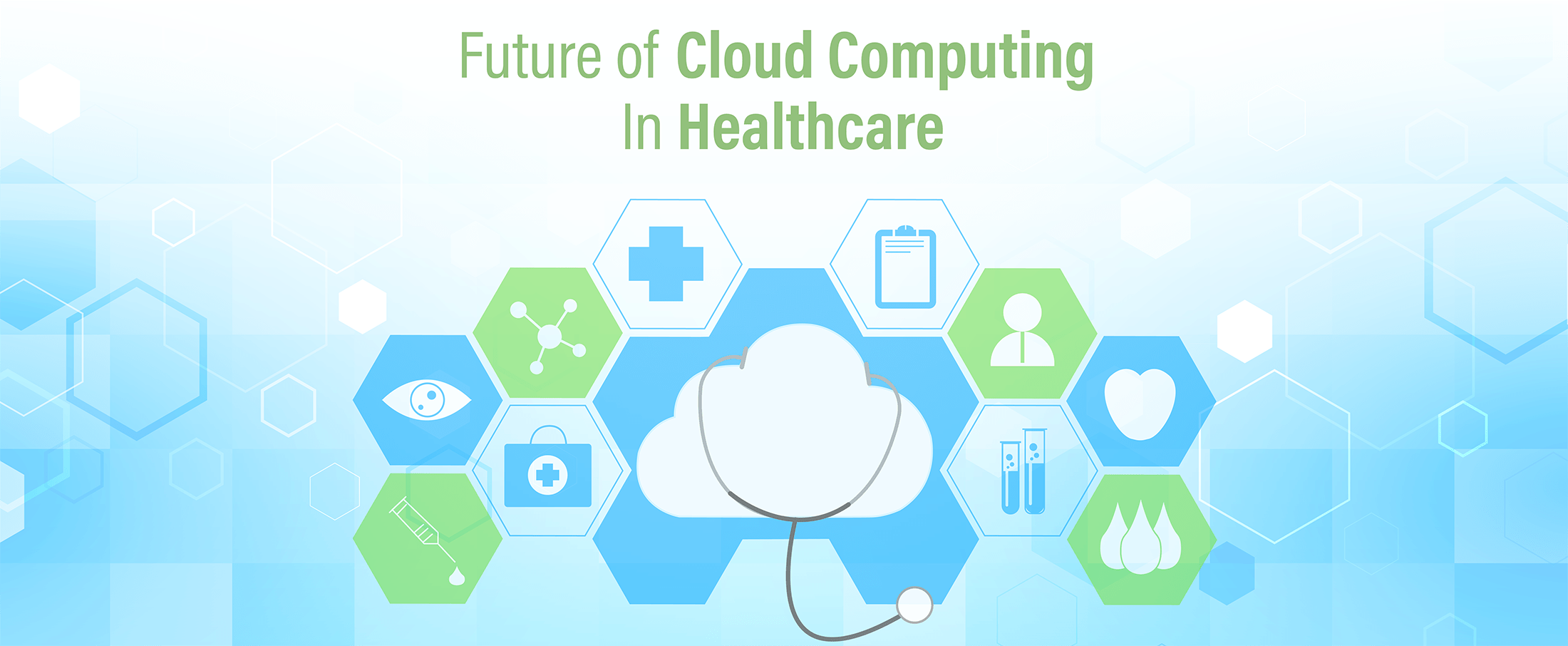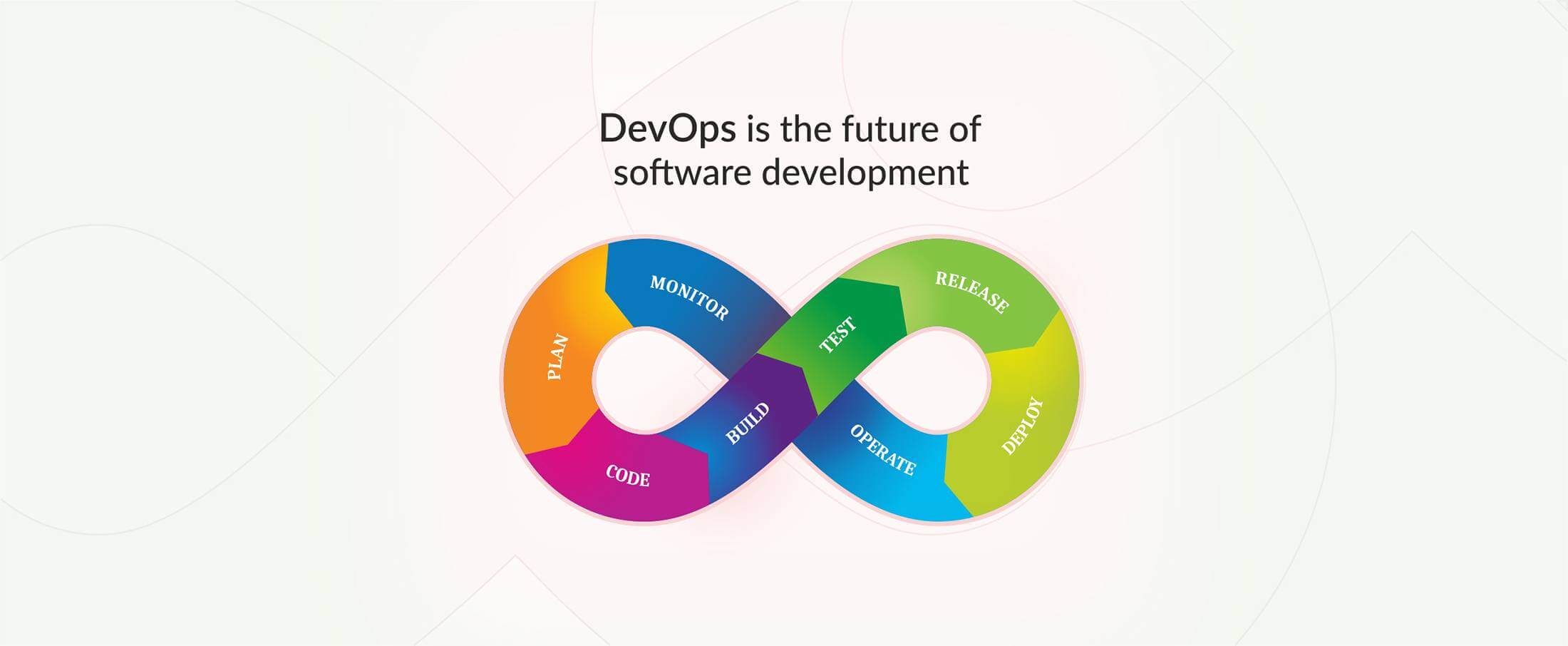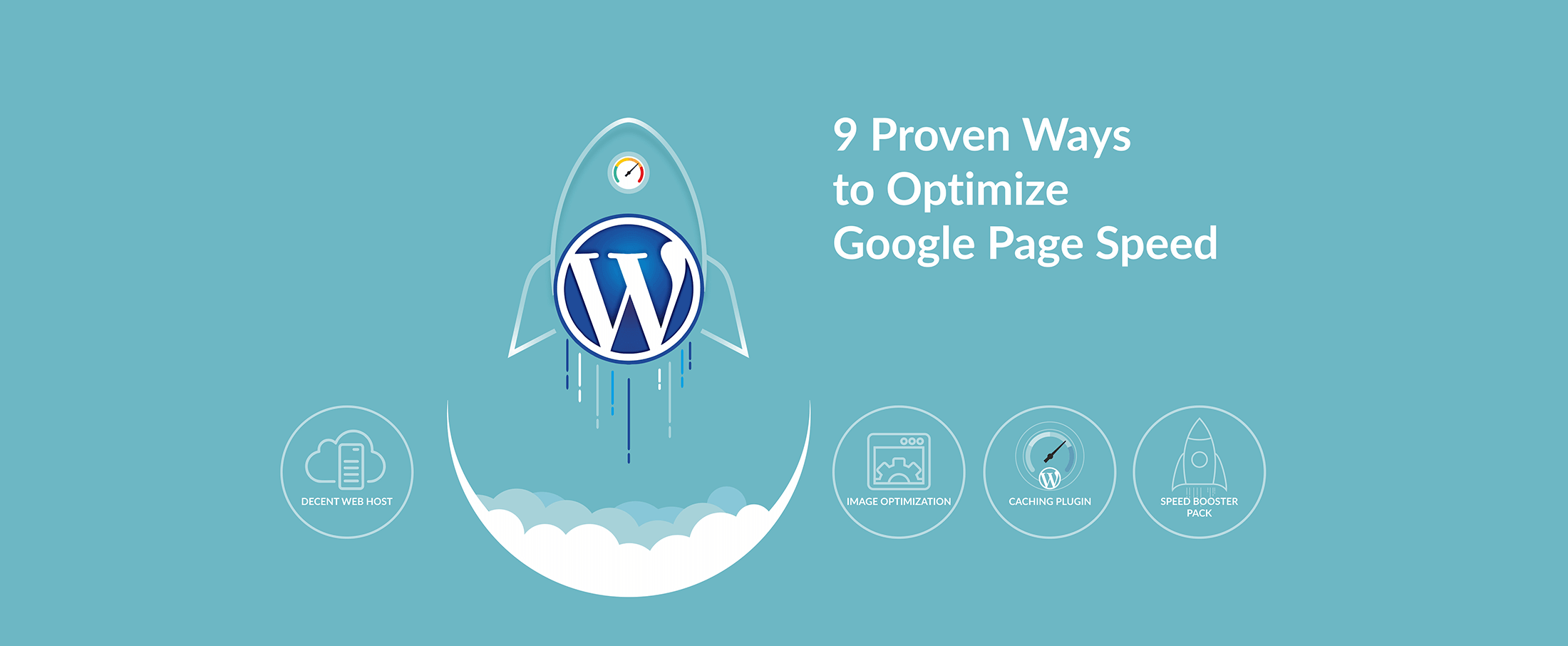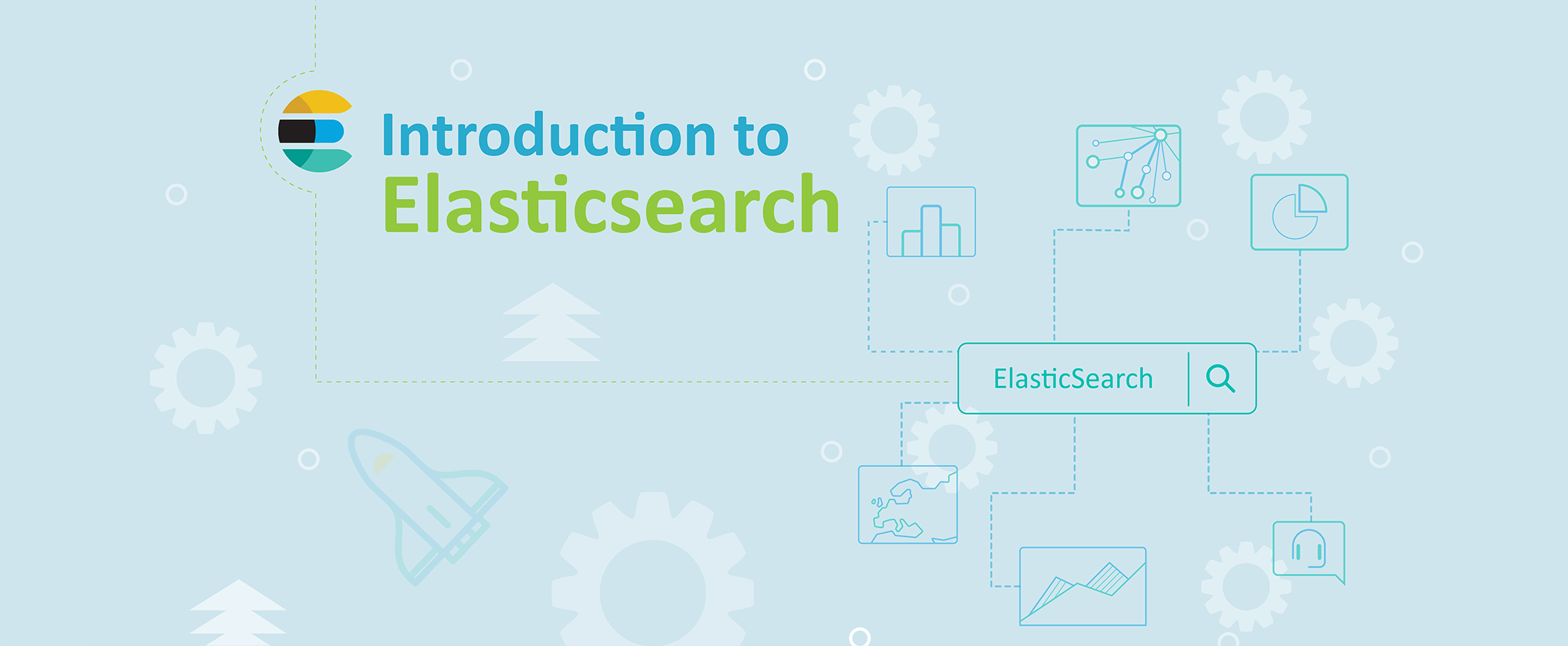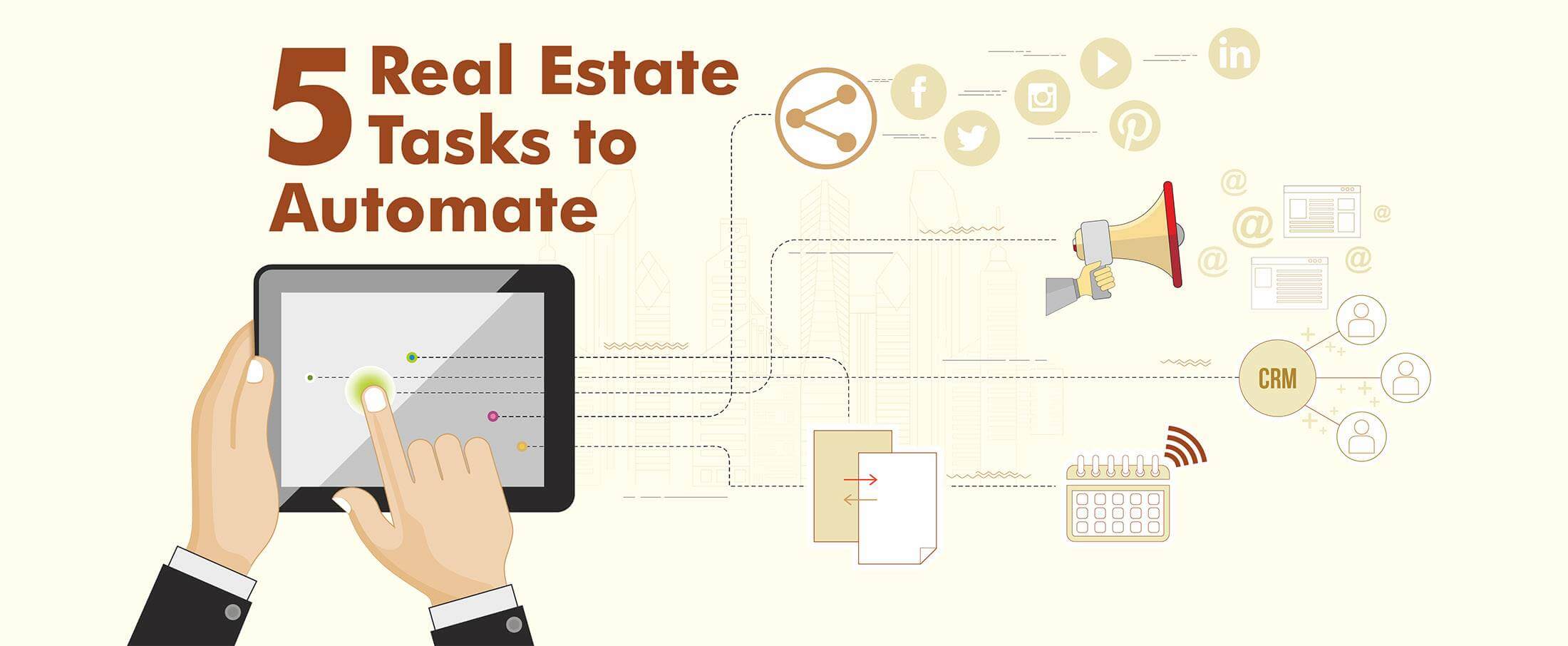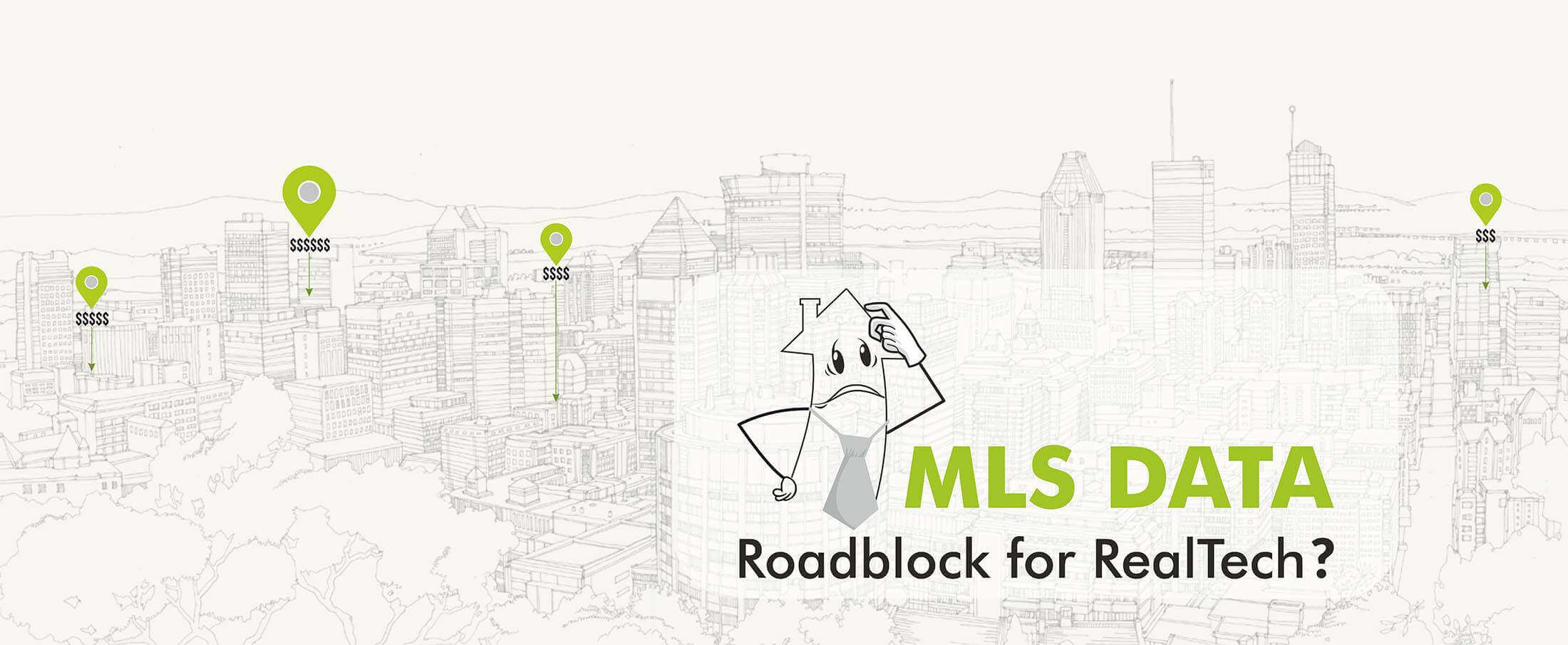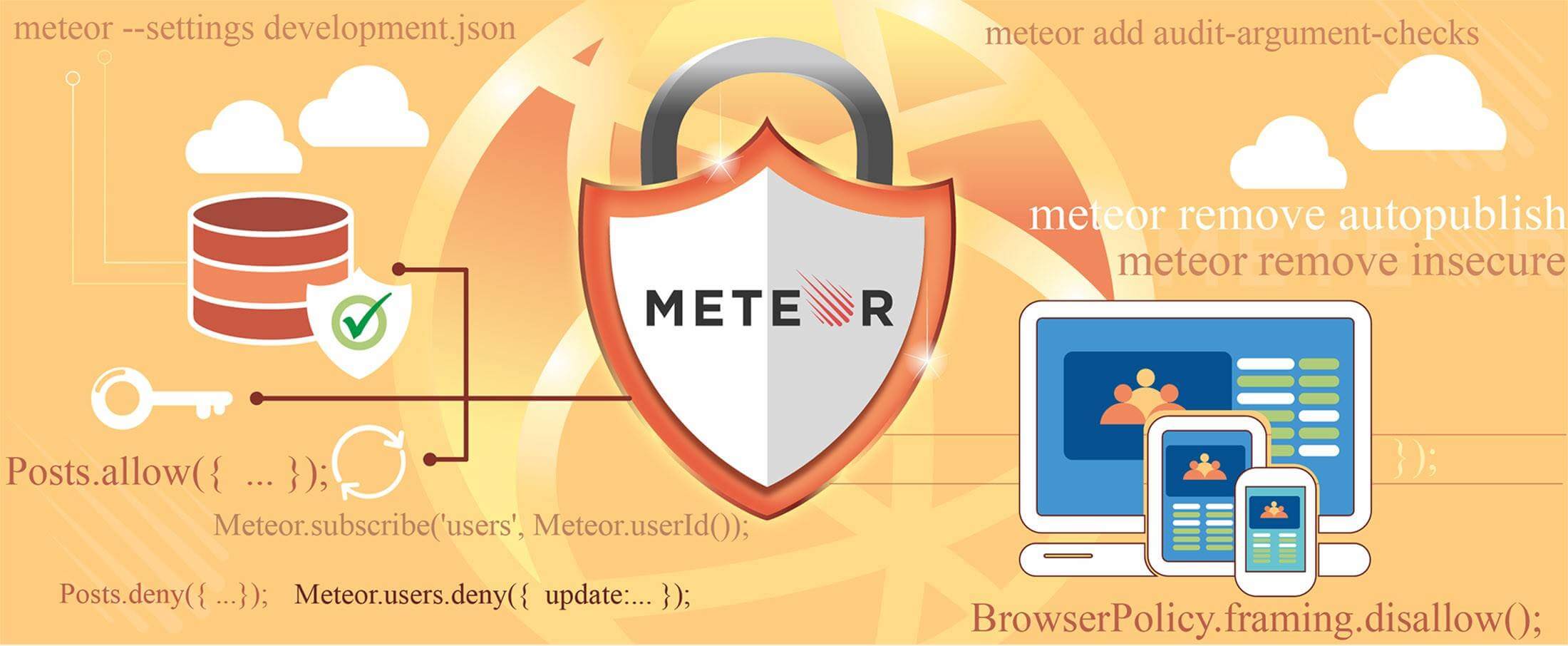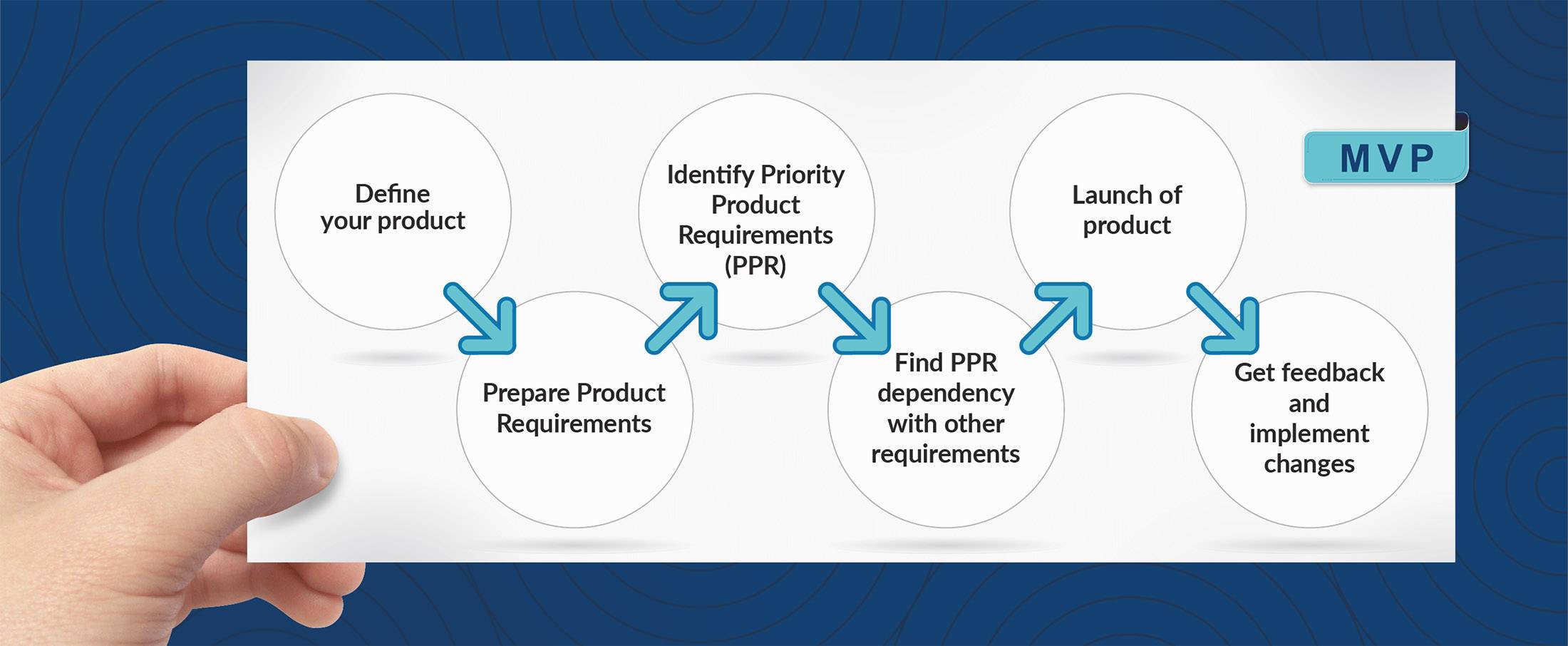The Benefits of Implementing EHR Systems in Healthcare

The Benefits of Implementing EHR Systems in Healthcare
In the rapidly evolving landscape of healthcare, Electronic Health Records (EHR) systems have emerged as a transformative technology. These digital repositories of patient information have replaced paper-based records, revolutionizing the way healthcare professionals manage and deliver care. In this blog, we’ll explore the numerous benefits of implementing EHR systems in healthcare.
The Digital Revolution in Healthcare
The adoption of EHR systems marks a significant milestone in the digitization of healthcare. It represents a shift from the traditional pen-and-paper approach to a streamlined, efficient, and interconnected system that benefits patients, healthcare providers, and the healthcare industry.
Enhanced Accessibility and Efficiency
One of the primary advantages of EHR systems is the instant access to patient information. Healthcare professionals can retrieve records with a few clicks, eliminating the time-consuming search through stacks of paper files. This increased efficiency leads to faster decision- making and better patient care.
Improved Patient Care and Safety
EHR systems provide a comprehensive view of a patient’s medical history, including medications, allergies, and previous diagnoses. This wealth of information enables healthcare providers to make more informed decisions, reduce medical errors, and enhance patient safety.
Interoperability for Comprehensive Care
Interoperability, the ability of EHR systems to communicate and share data across different healthcare settings and systems, has become a crucial feature. It allows for seamless coordination of care among specialists, laboratories, pharmacies, and hospitals. Patients benefit from a more holistic and collaborative approach to their health.
Streamlined Administrative Tasks
EHR systems streamline administrative tasks such as billing, appointment scheduling, and insurance processing. This automation reduces paperwork and administrative overhead, allowing healthcare professionals to focus more on patient care.
Enhanced Data Security and Privacy
EHR systems come equipped with robust security features to safeguard patient data. Access controls, encryption, and audit trails ensure data privacy and compliance with regulations like HIPAA. This bolsters patient trust and regulatory compliance.
Cost Savings and Sustainability
While the initial investment in EHR implementation can be substantial, the long-term cost savings are significant. Reduced paperwork, fewer duplicate tests, and better resource allocation all contribute to cost-efficiency. Additionally, the move toward a paperless environment aligns with sustainability goals.
Data-Driven Insights
EHR systems generate valuable data that can be harnessed for insights into population health, disease trends, and treatment outcomes. This data-driven approach supports evidence-based medicine and continuous improvement in healthcare delivery.
Conclusion
The implementation of EHR systems is a pivotal step in the modernization of healthcare. It enhances patient care, improves efficiency, and contributes to the evolution of a more connected and data-driven healthcare ecosystem. As technology continues to advance, the benefits of EHR systems will only become more pronounced, underscoring their indispensable role in healthcare today and in the future. Know More
- EHR
- Healthcare
- HIPAA
BY
Makarand Deshpande
06 September 2023
SHARE



